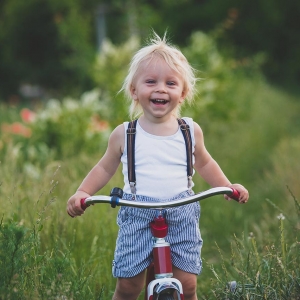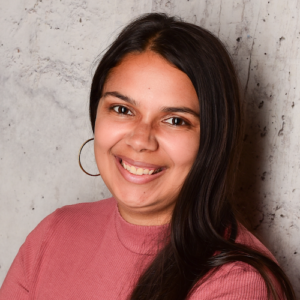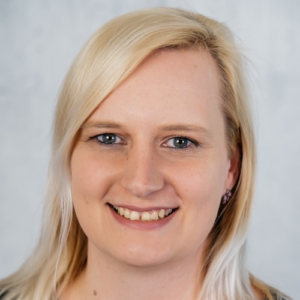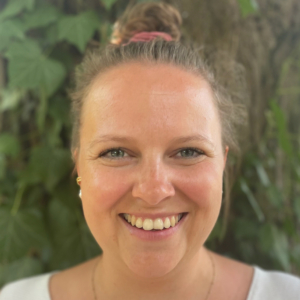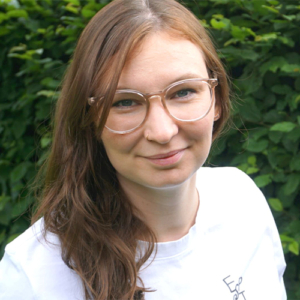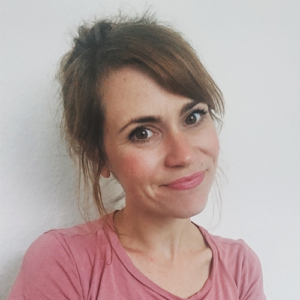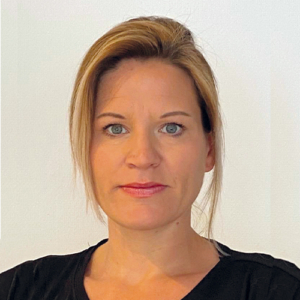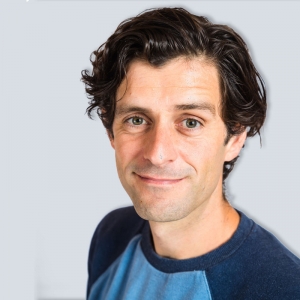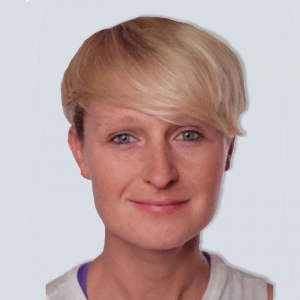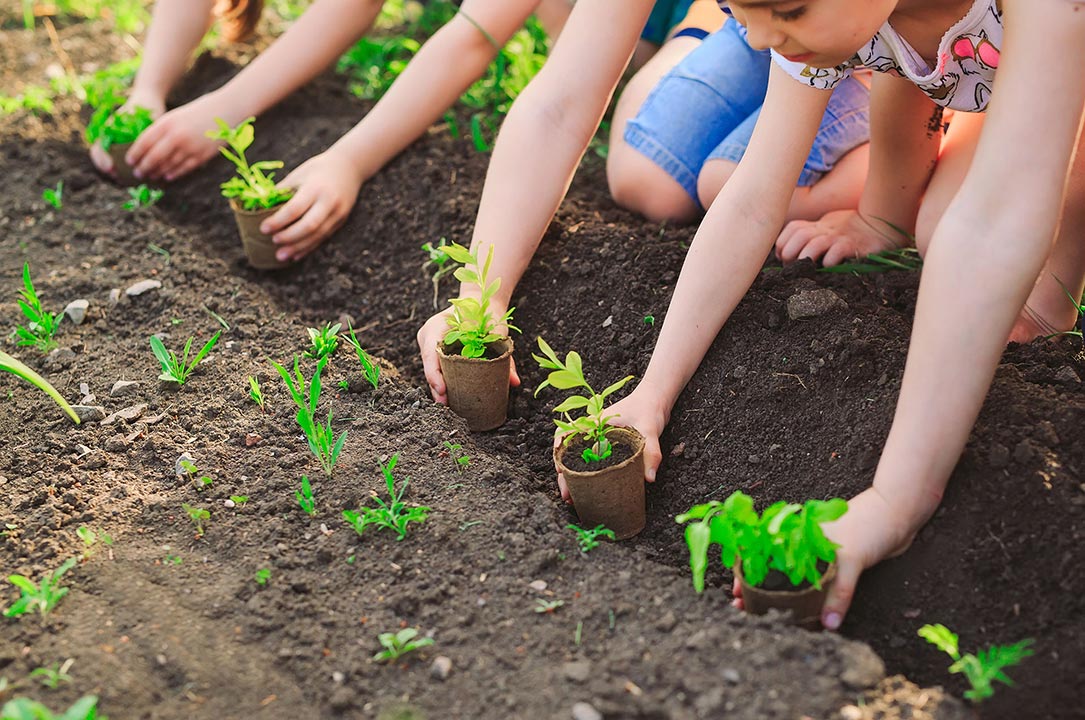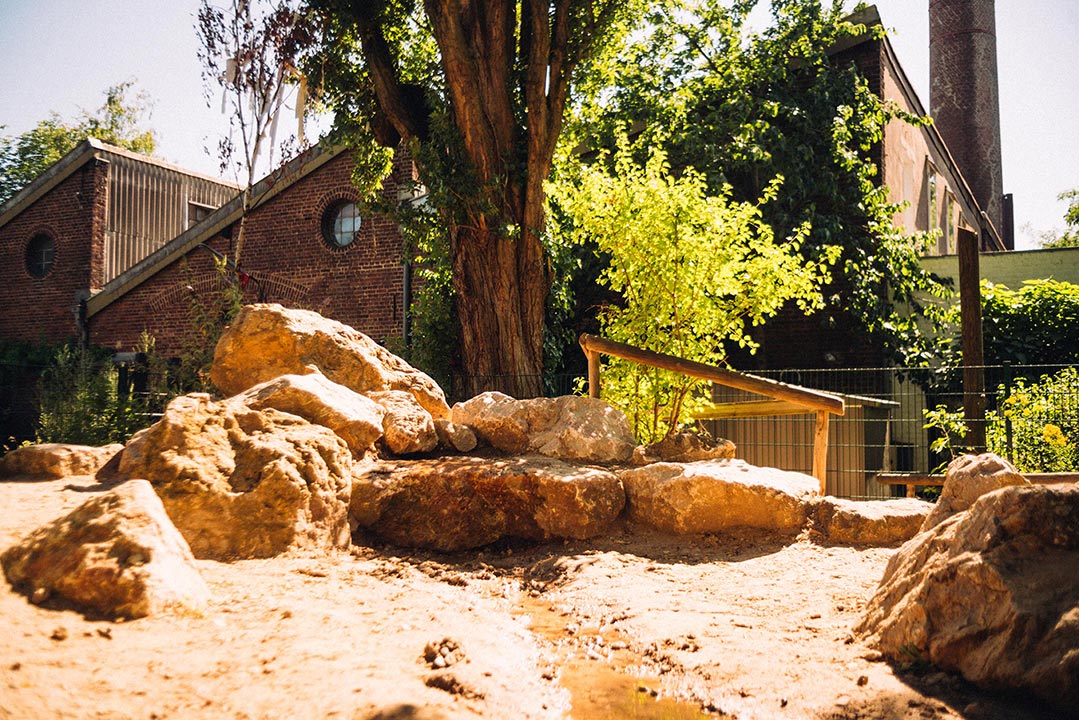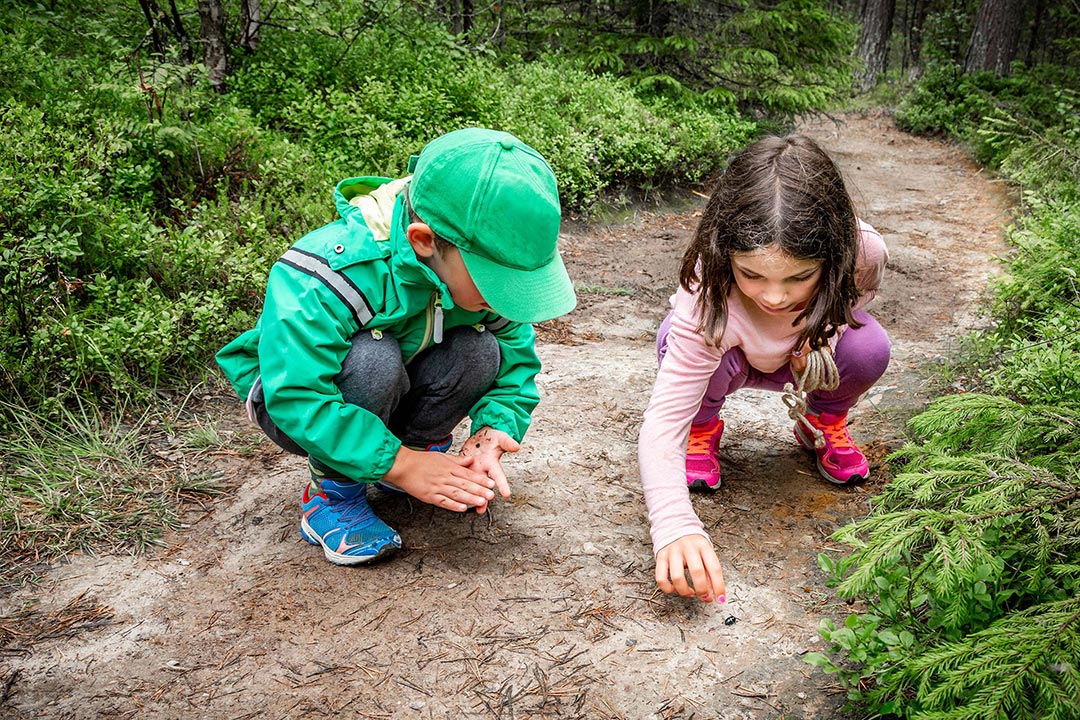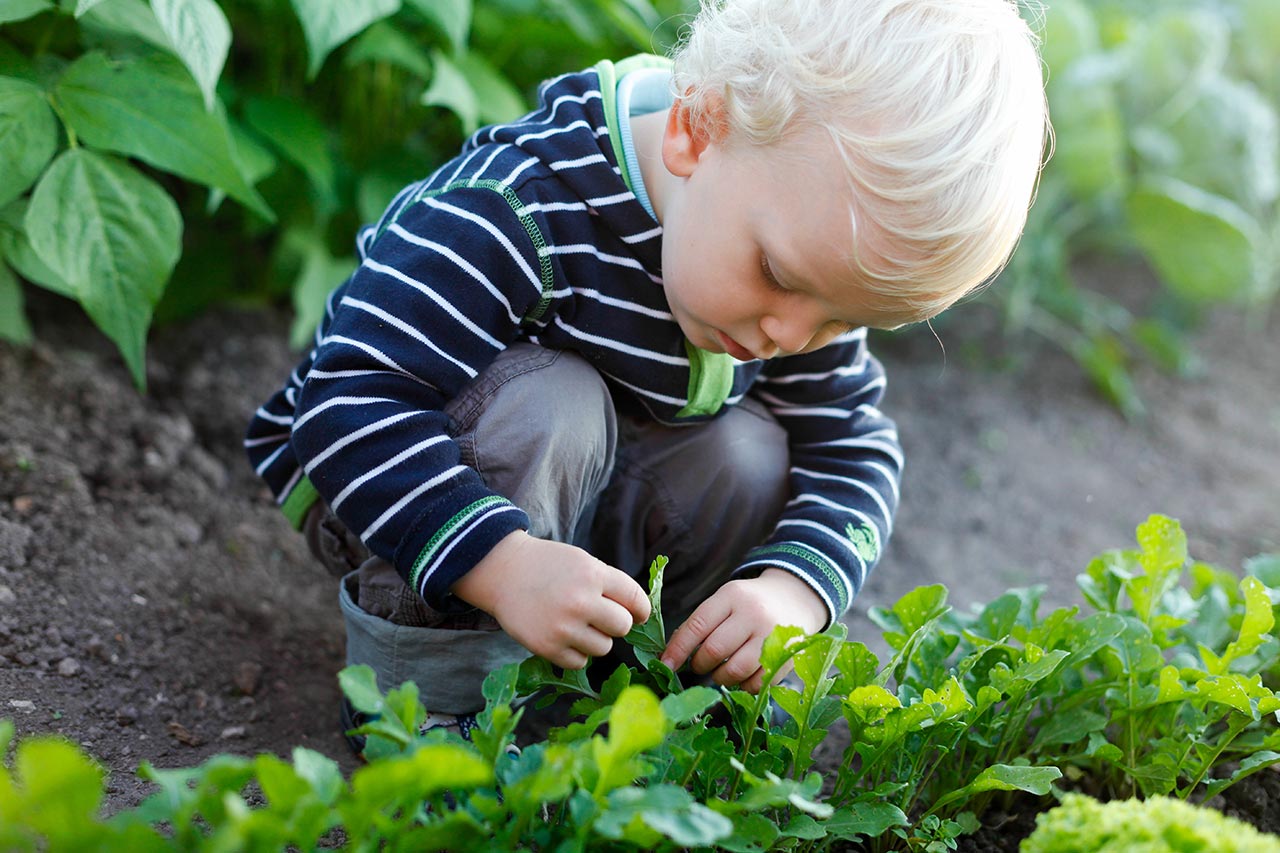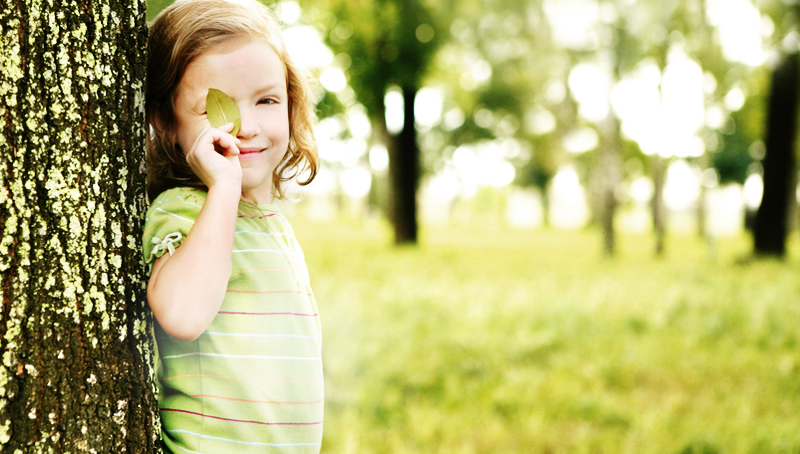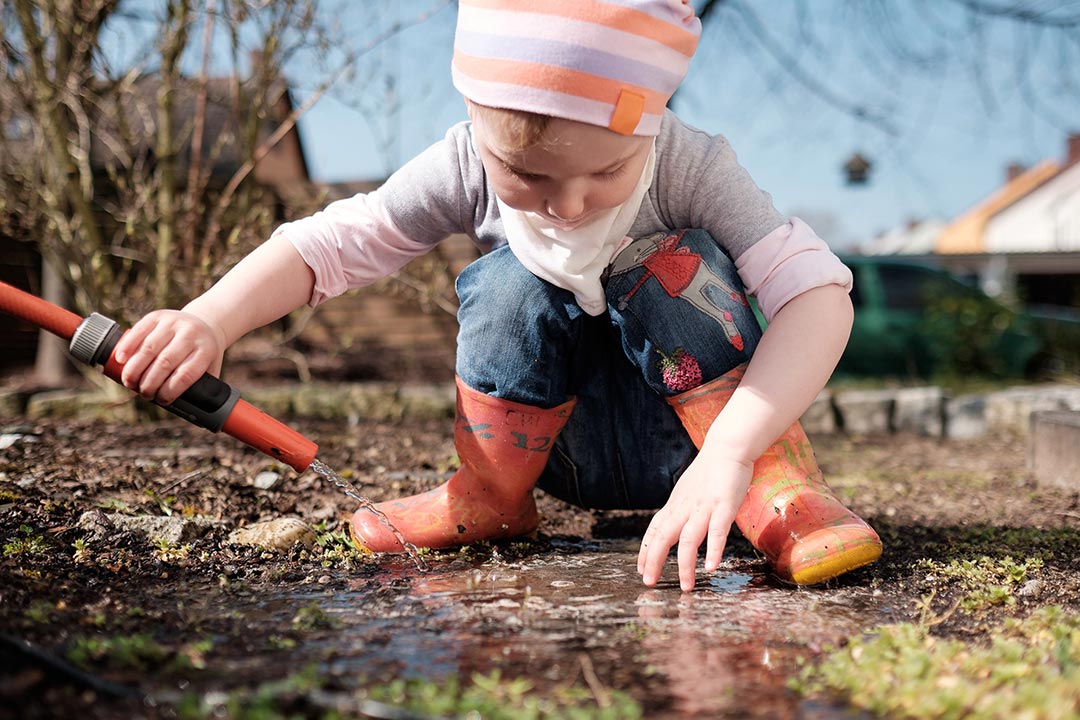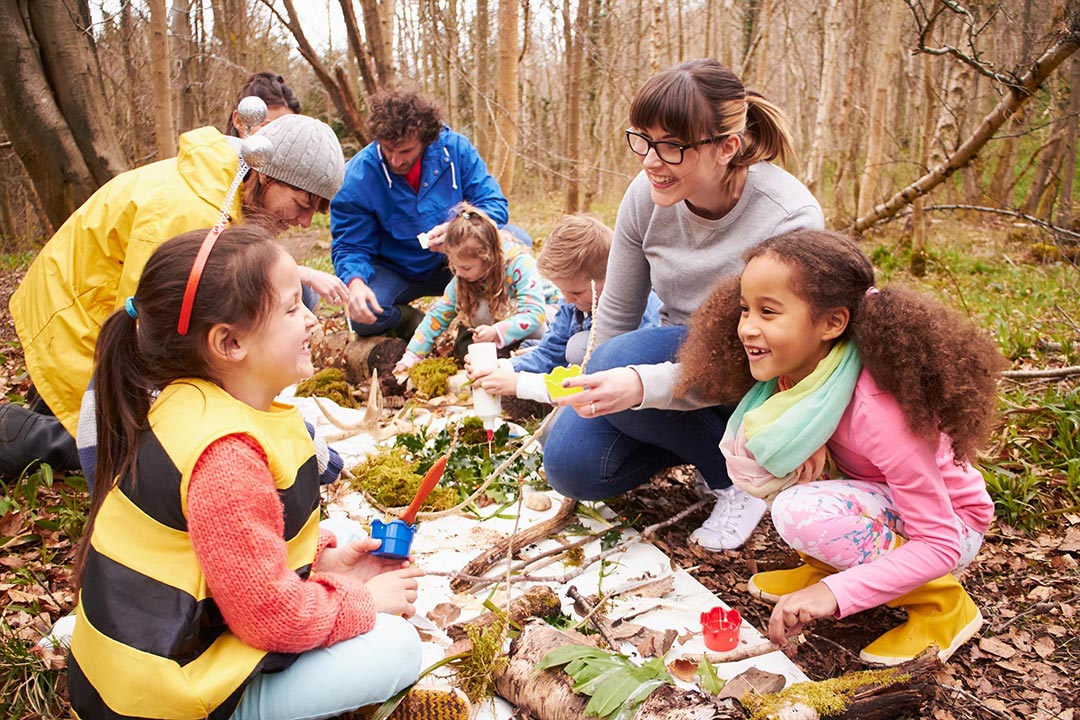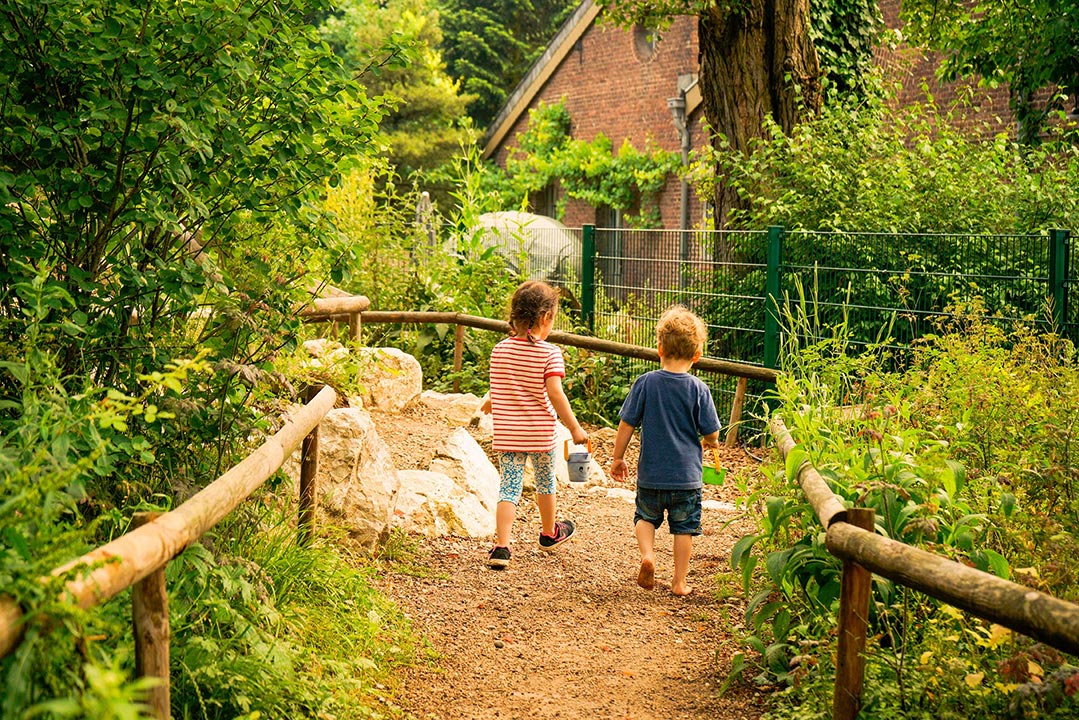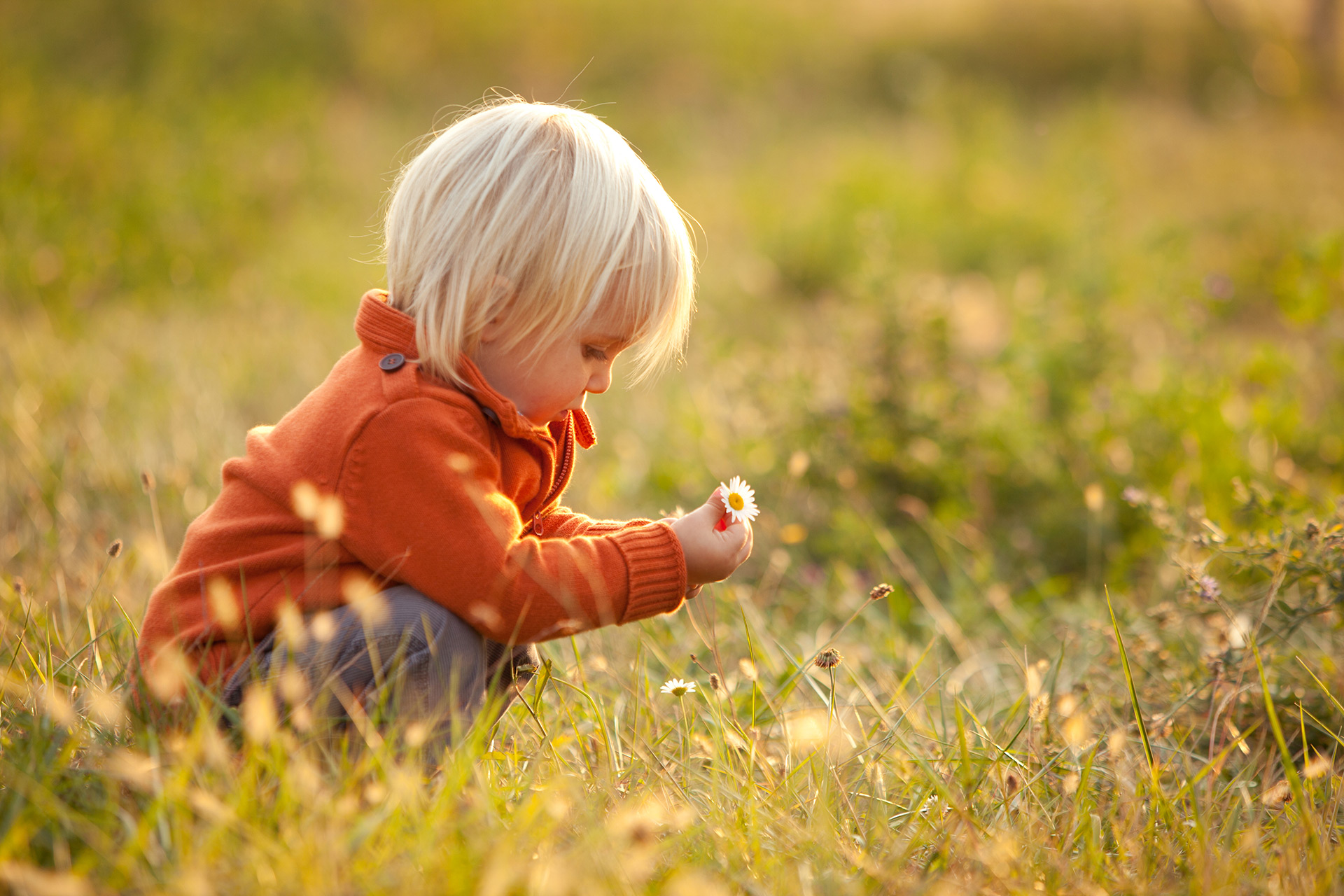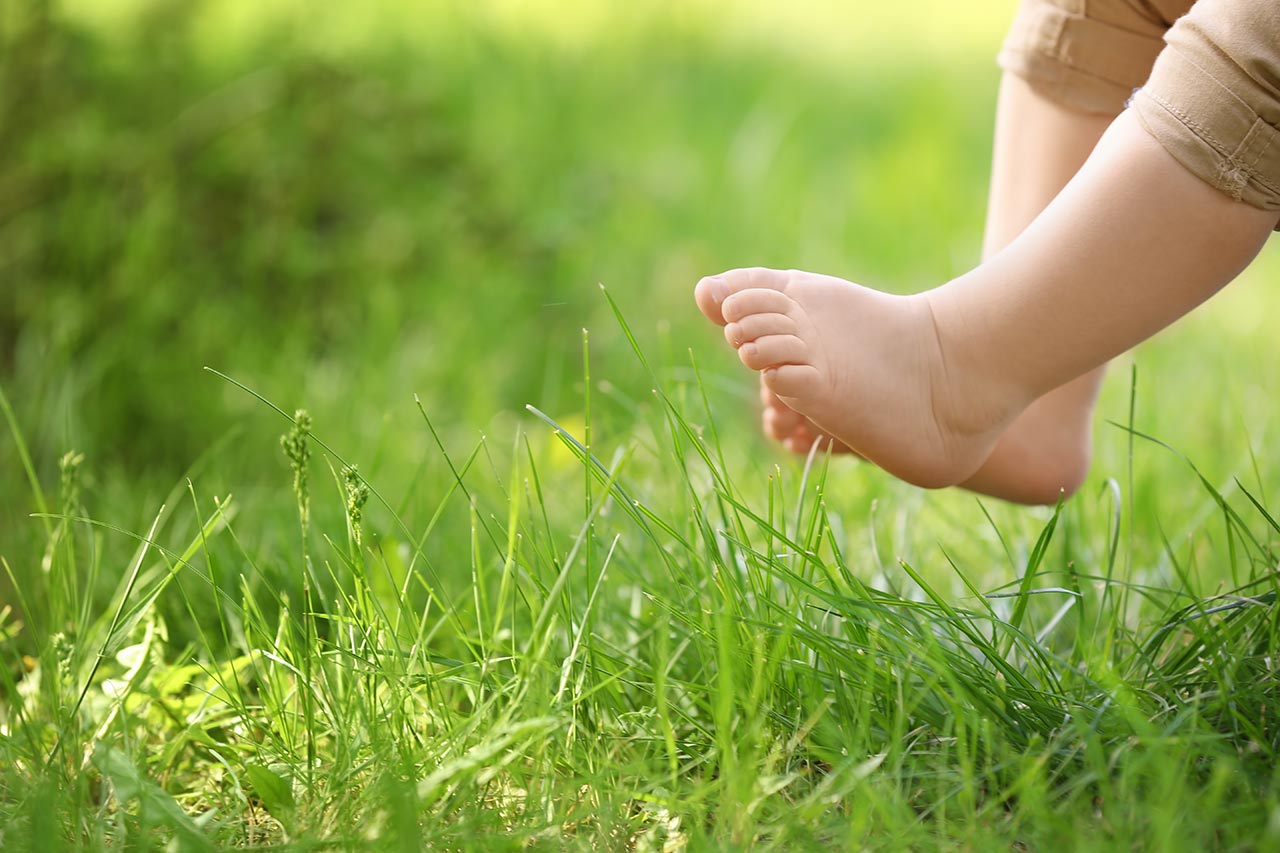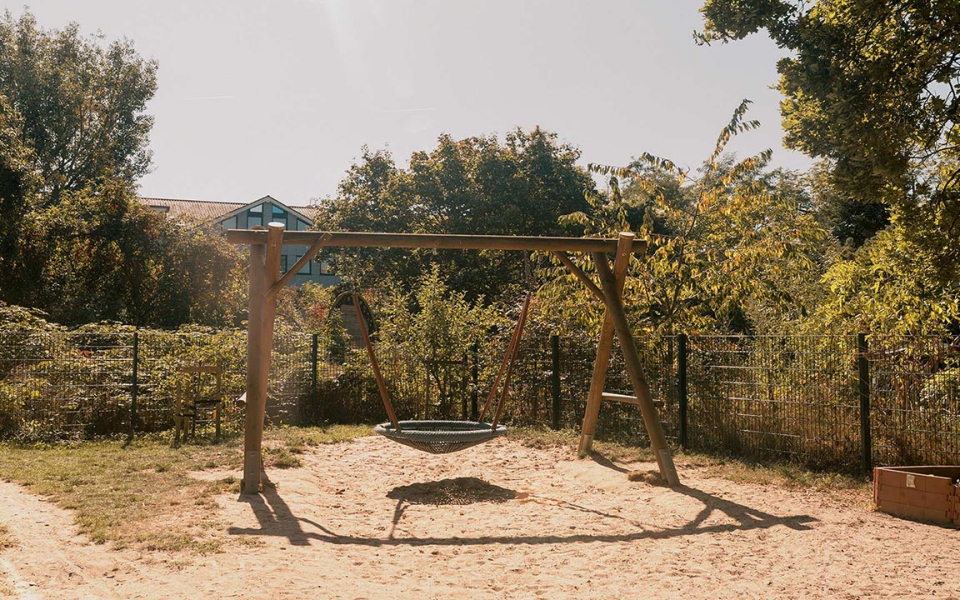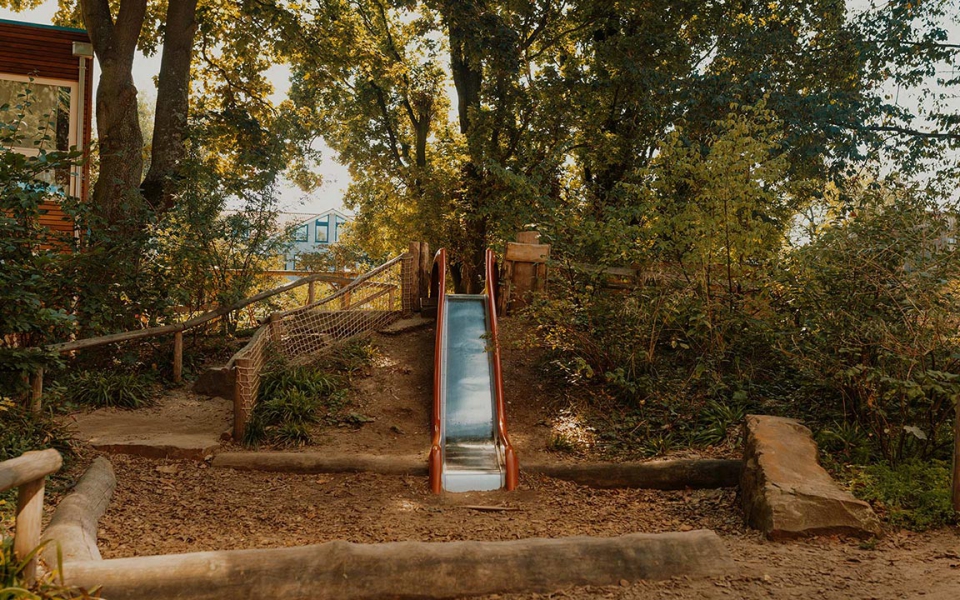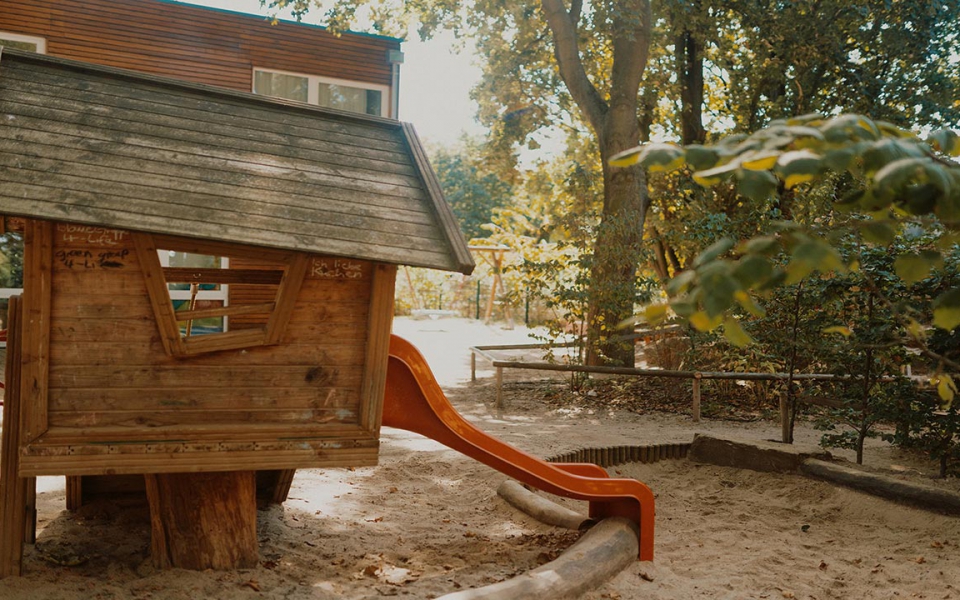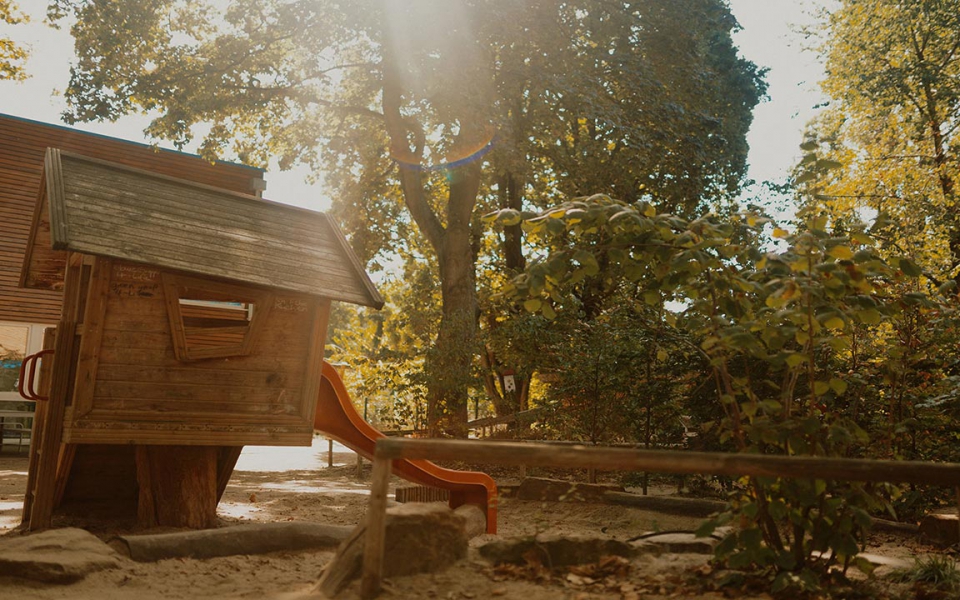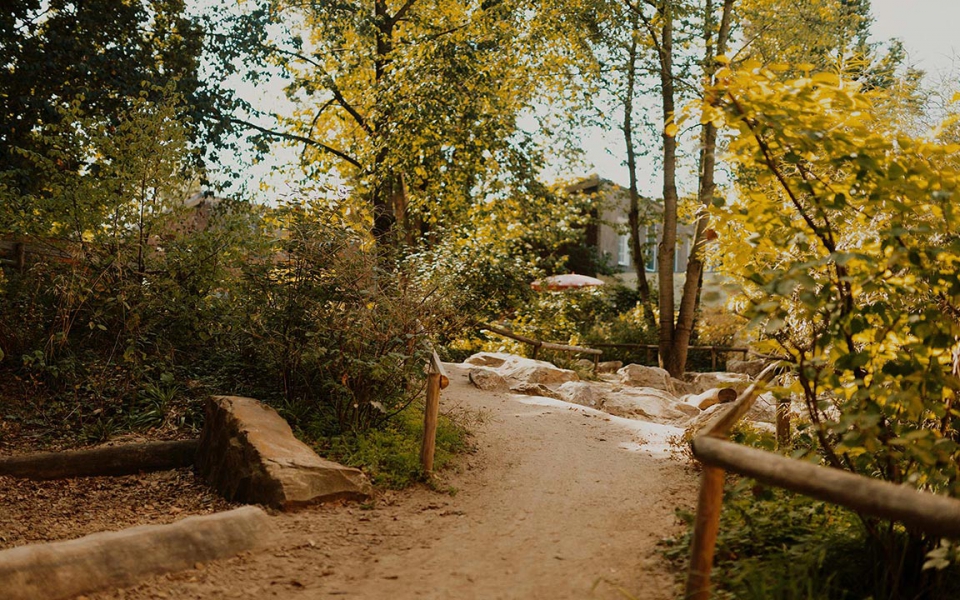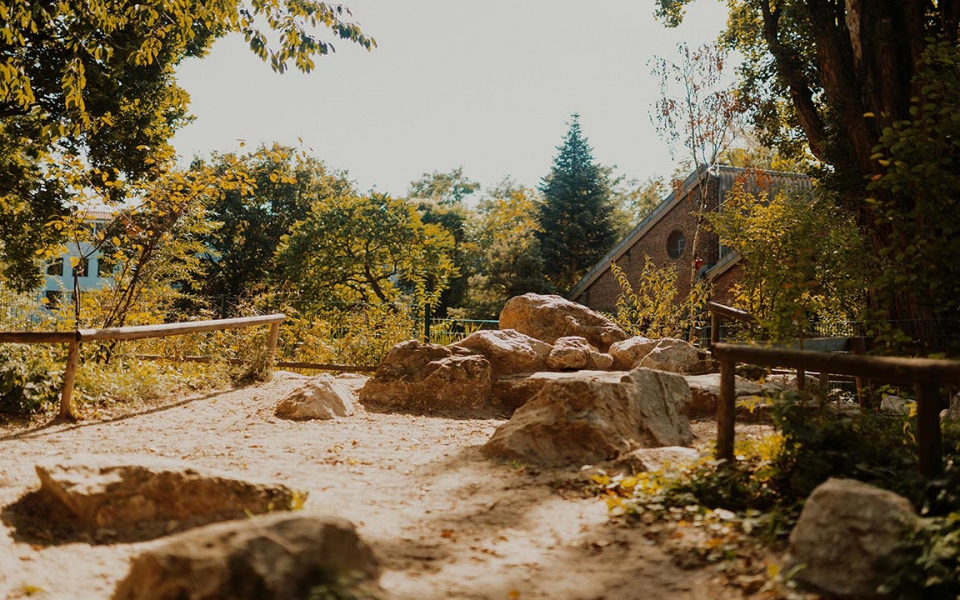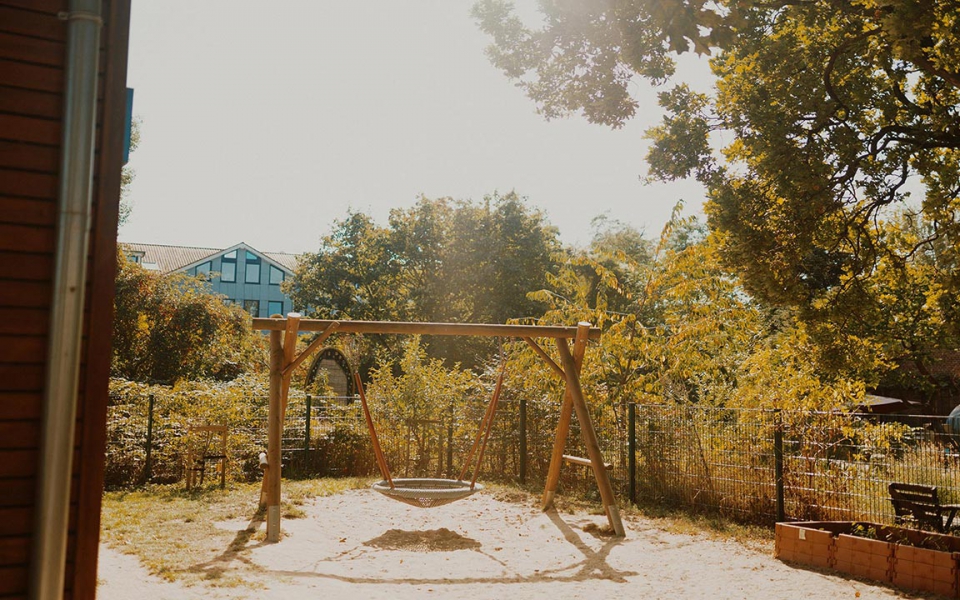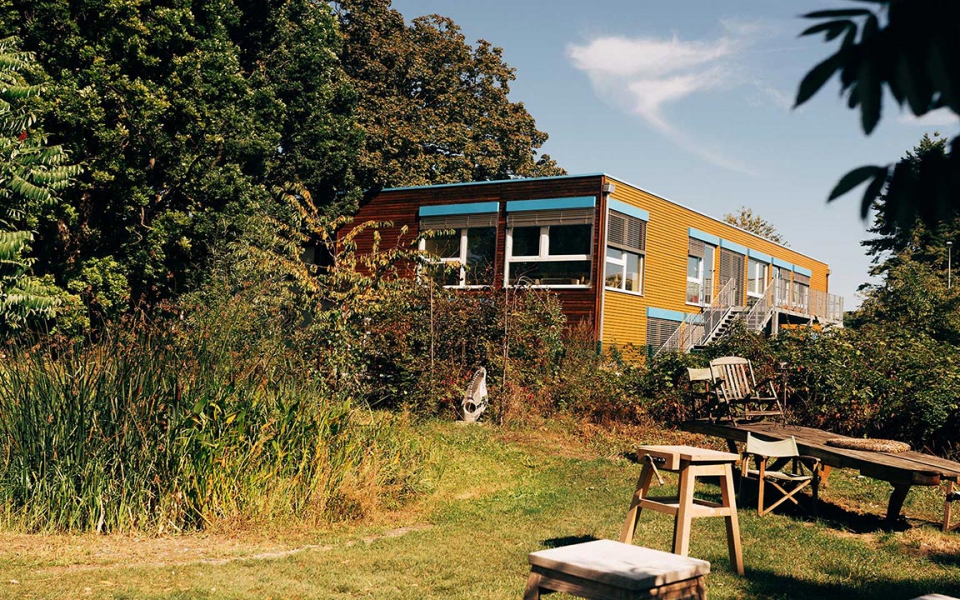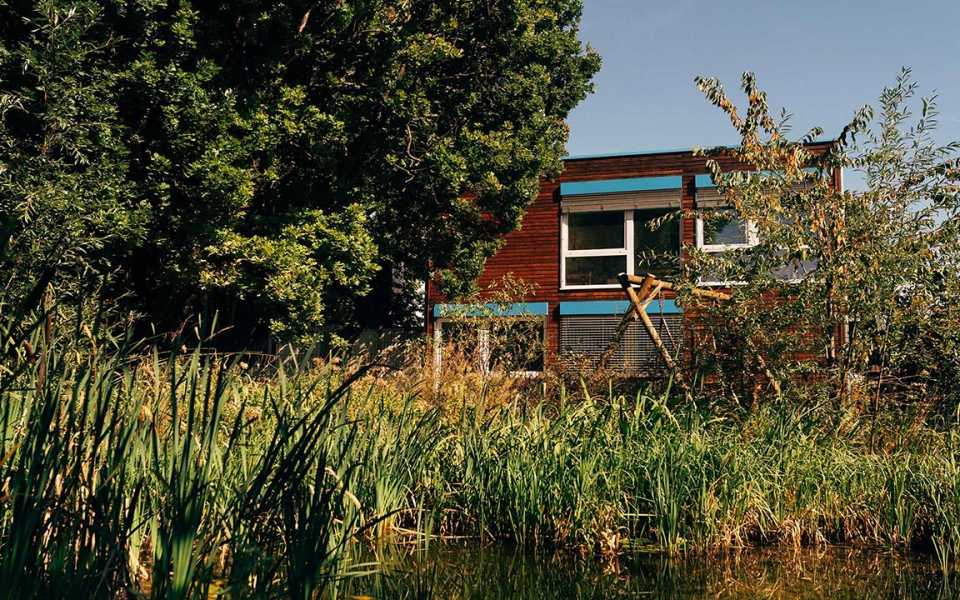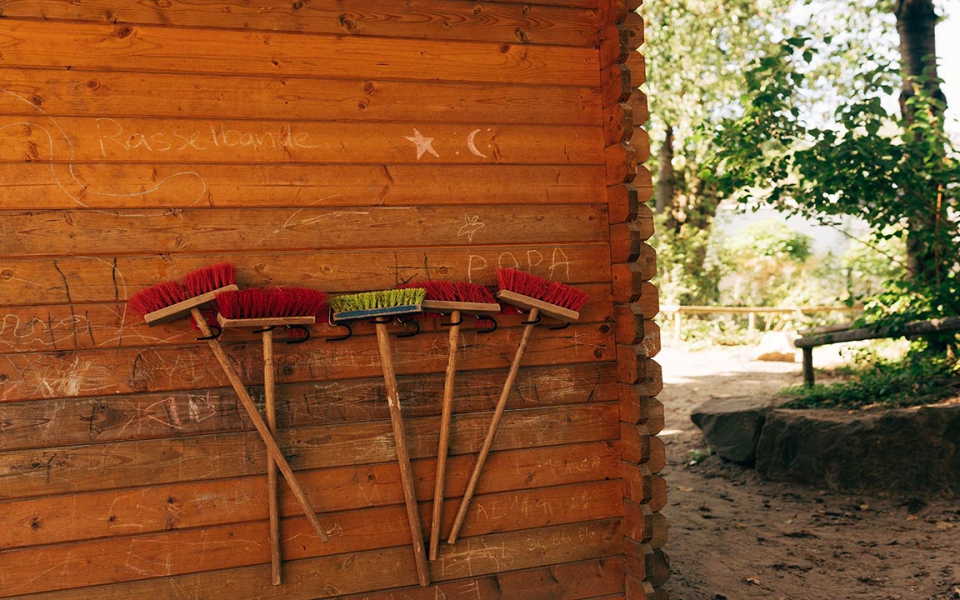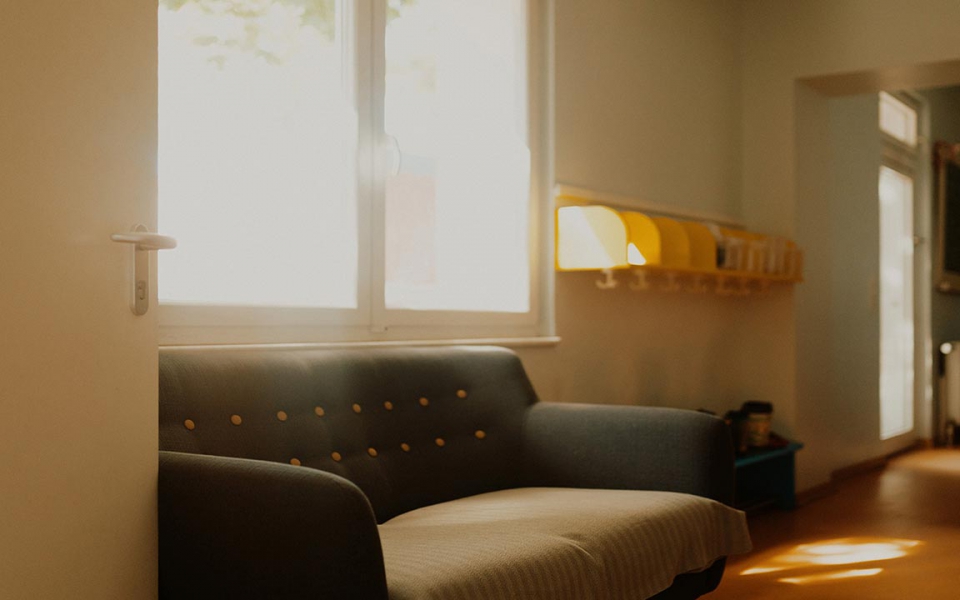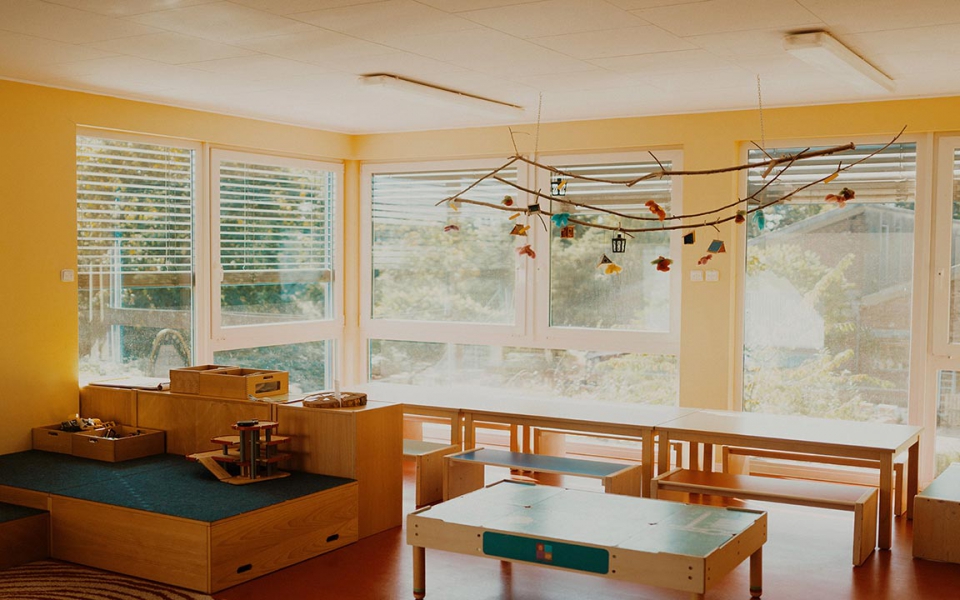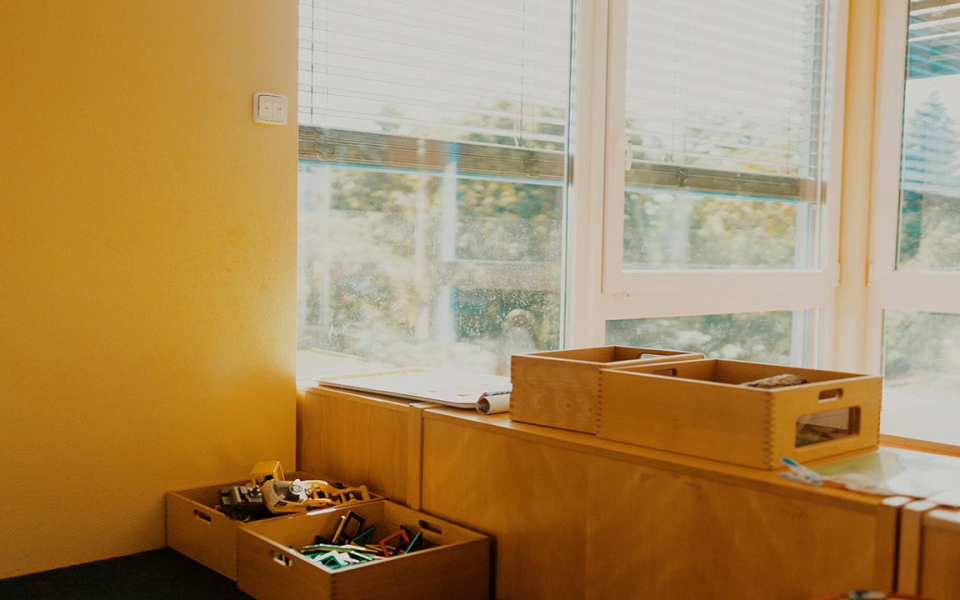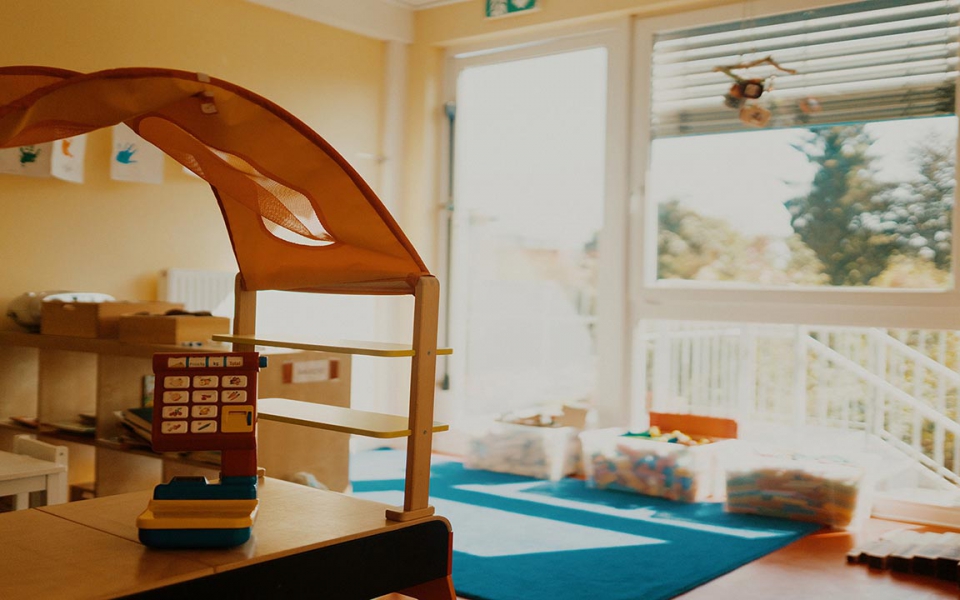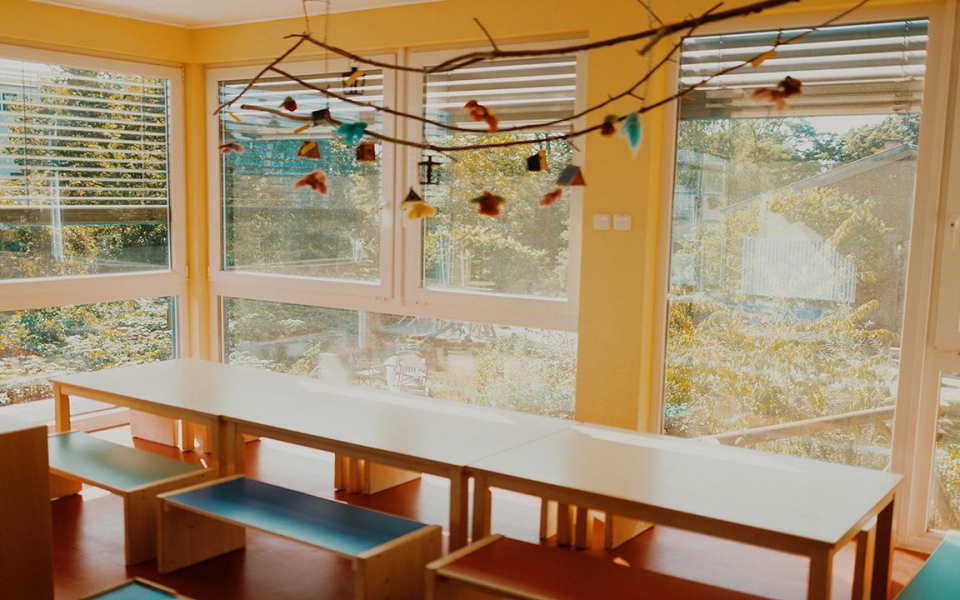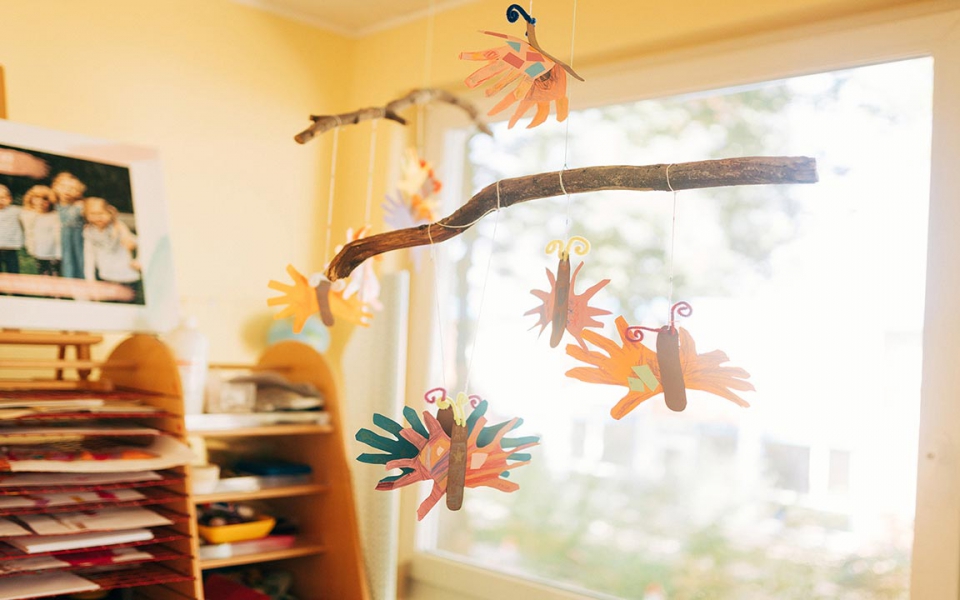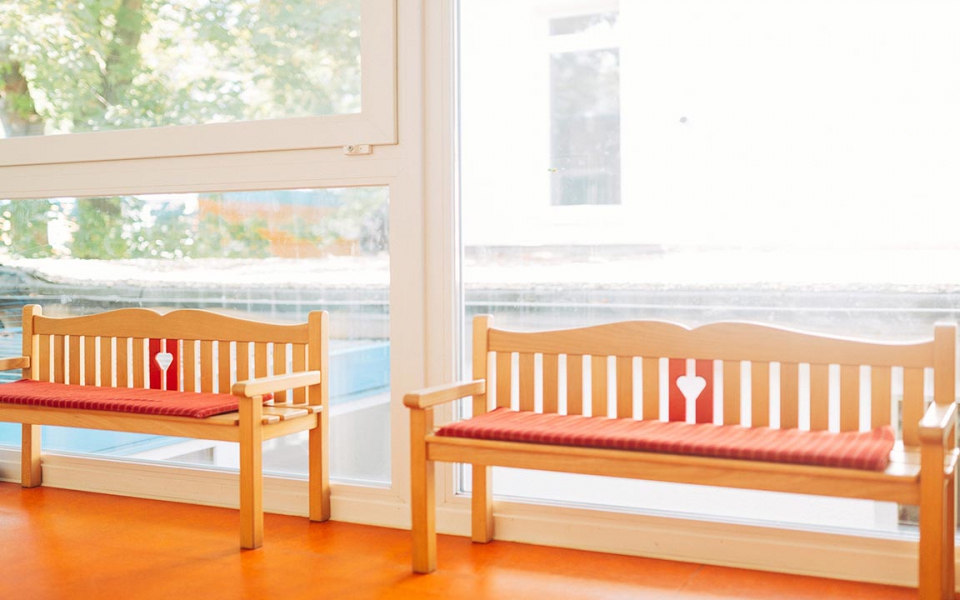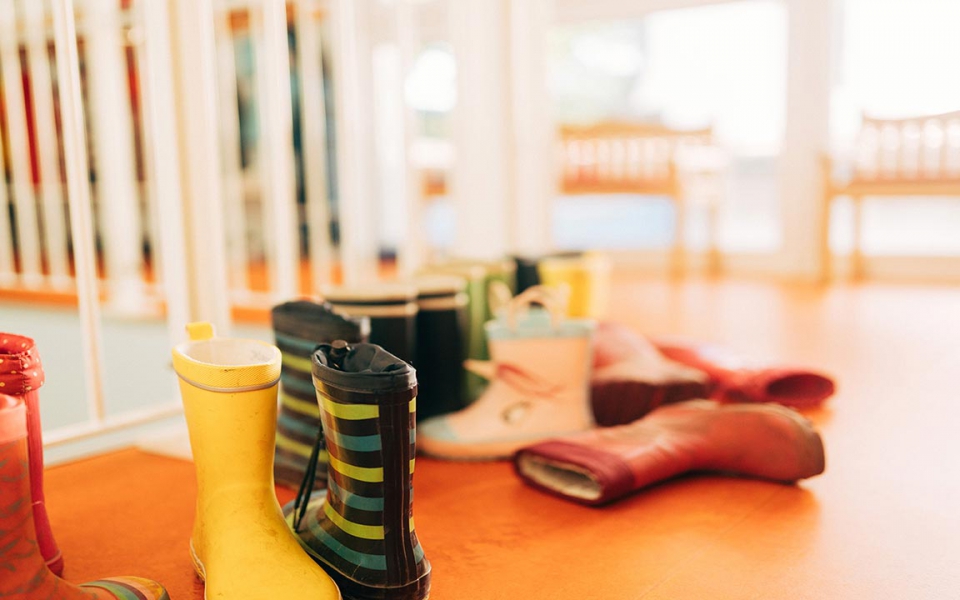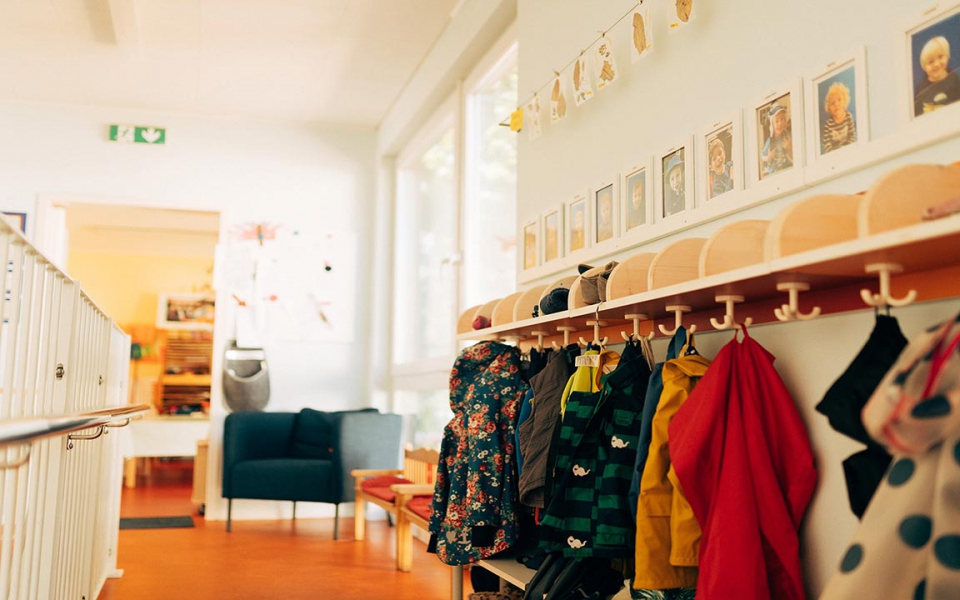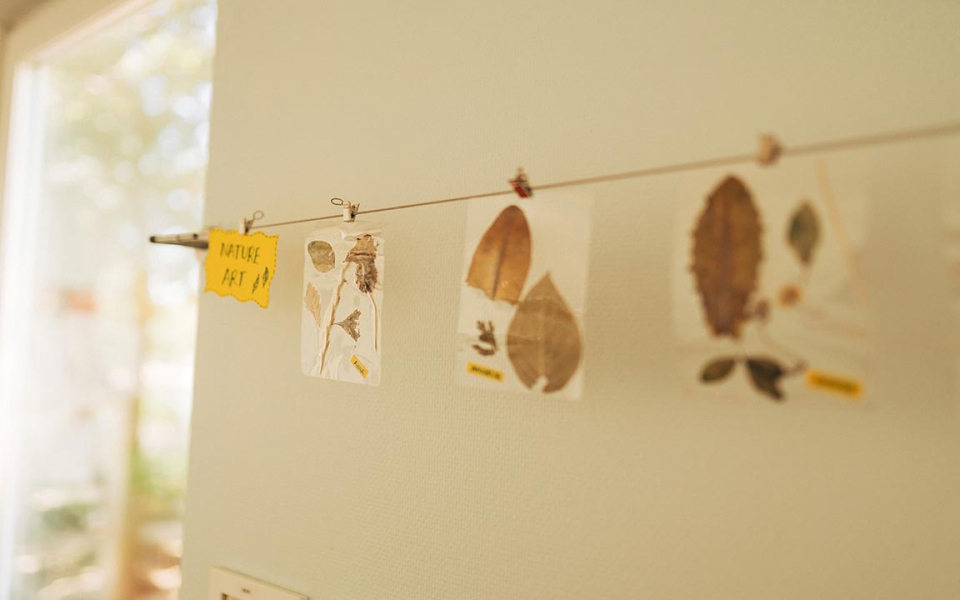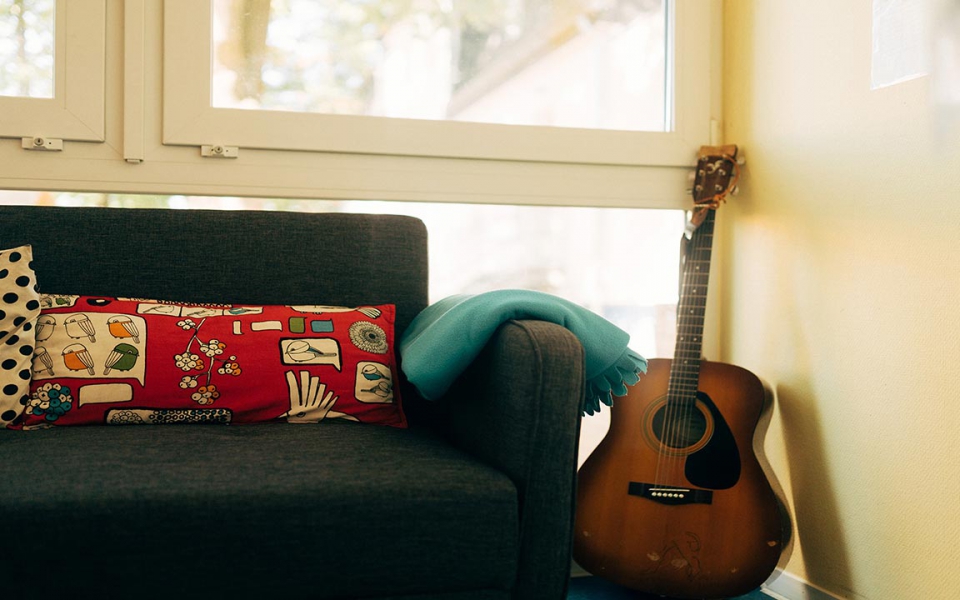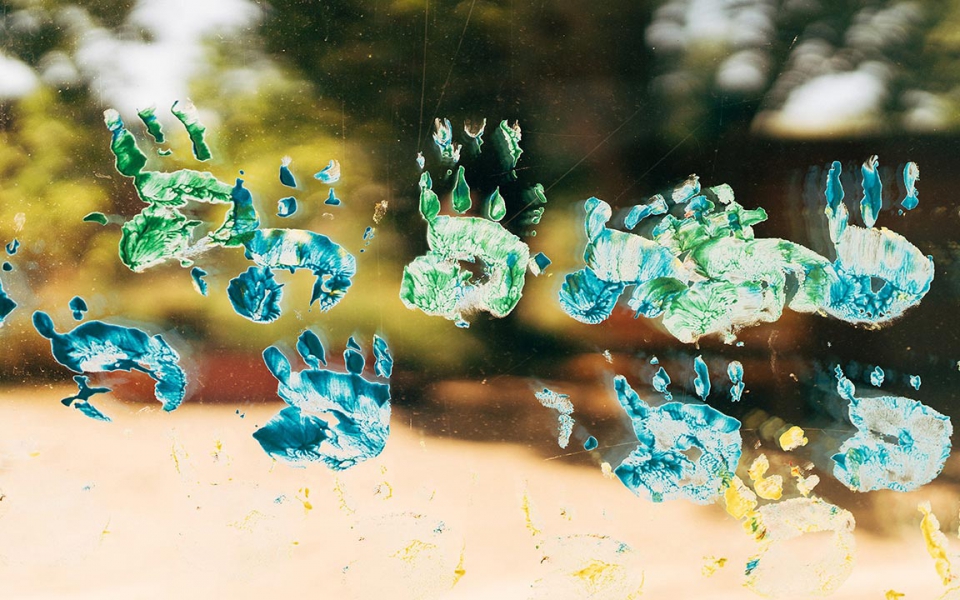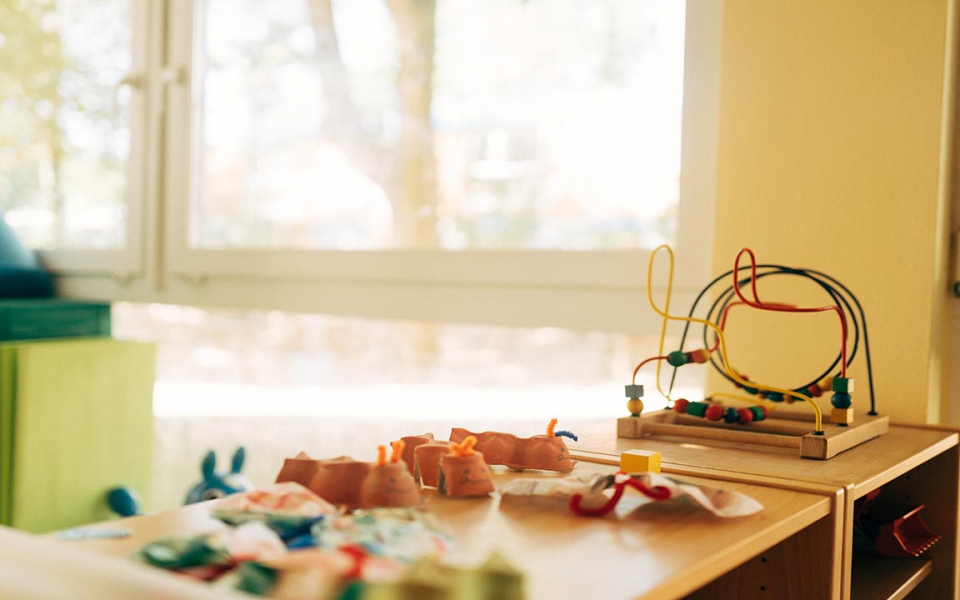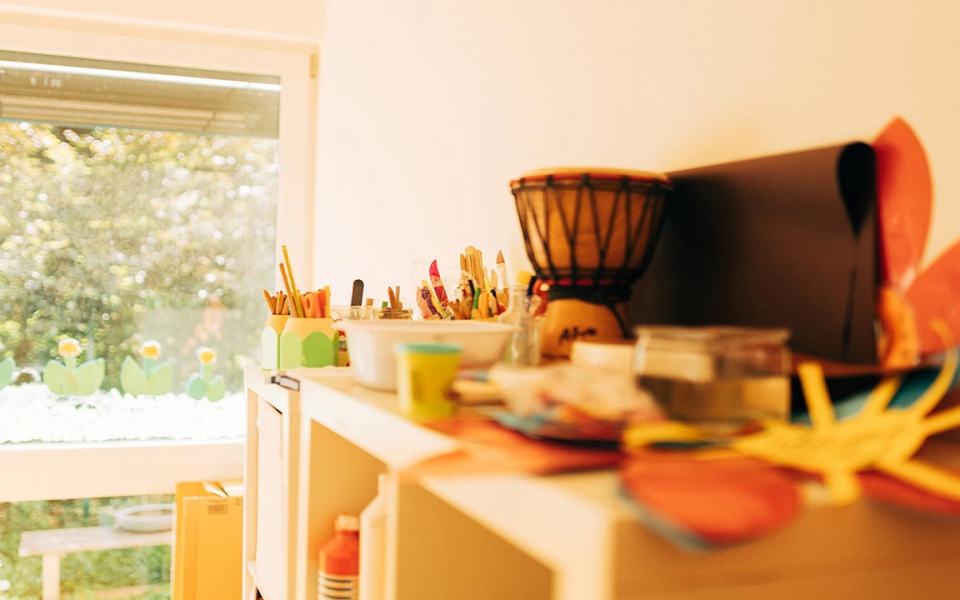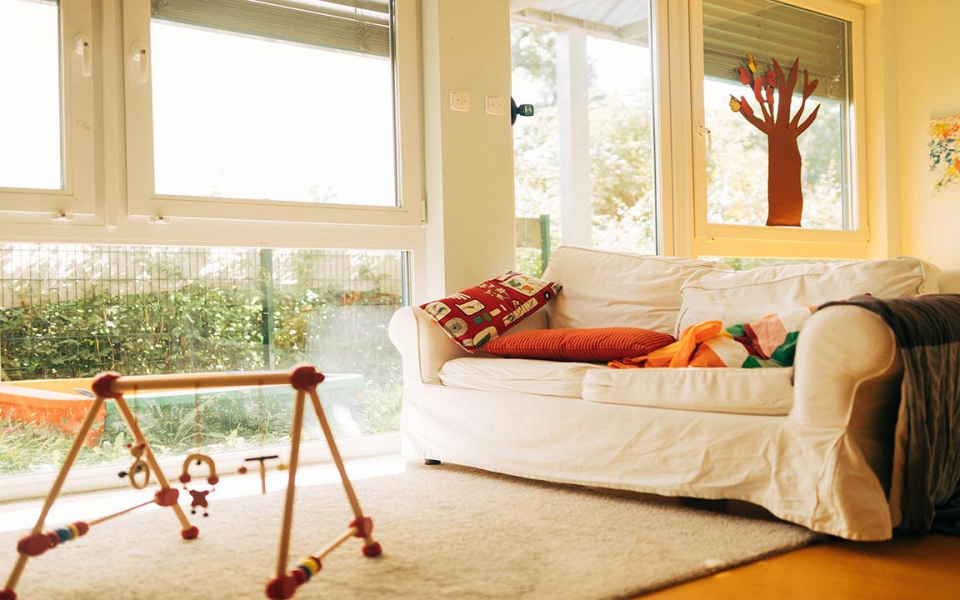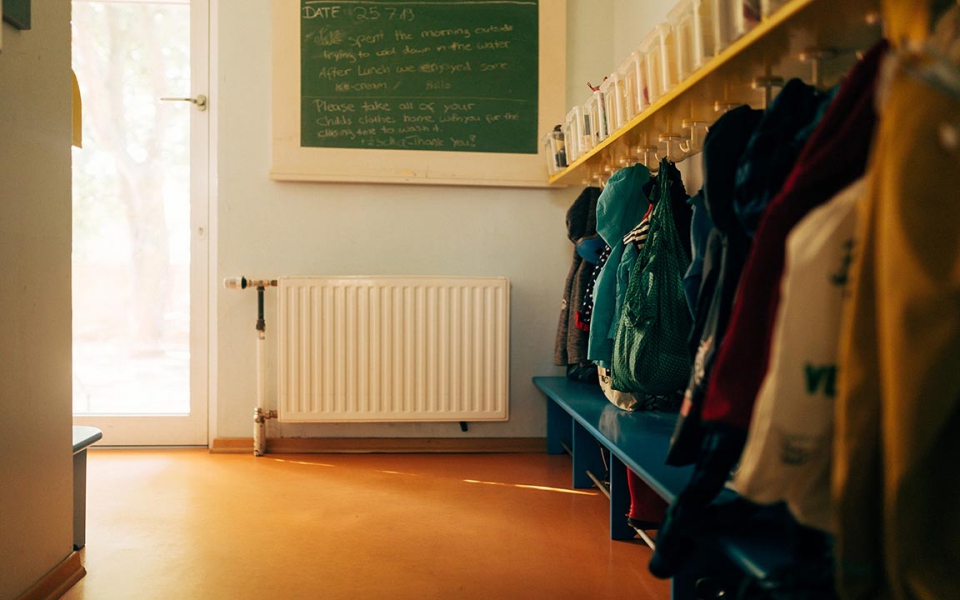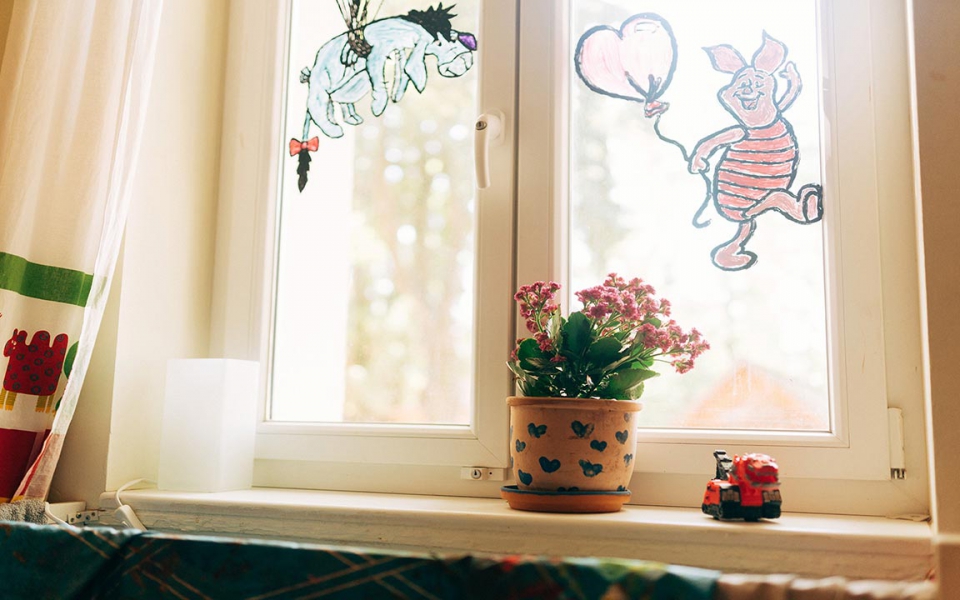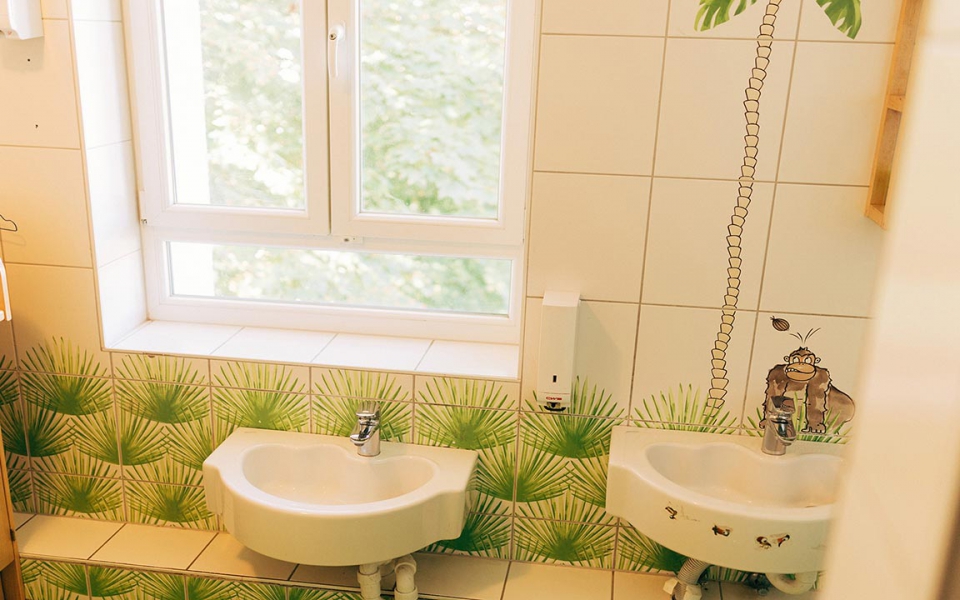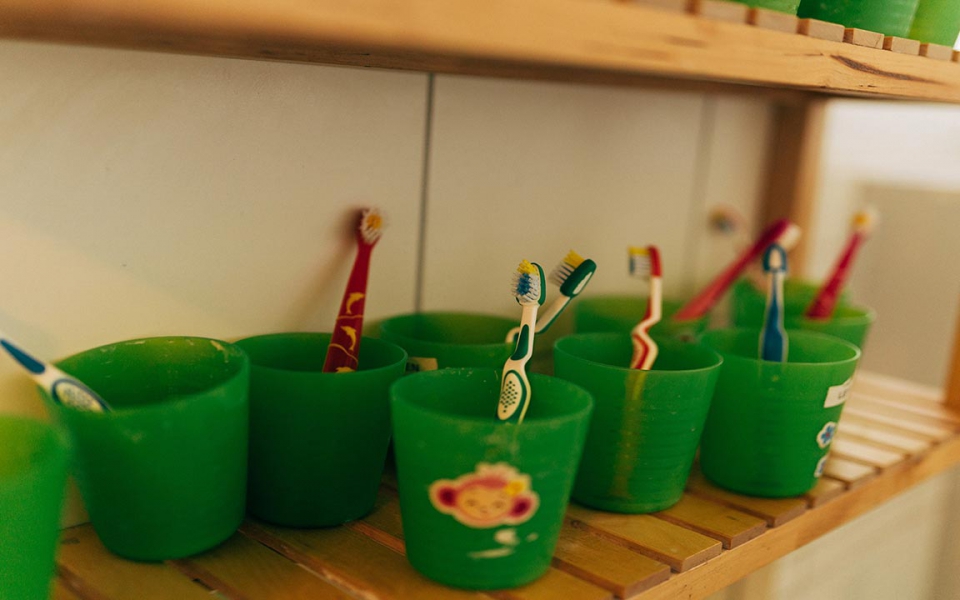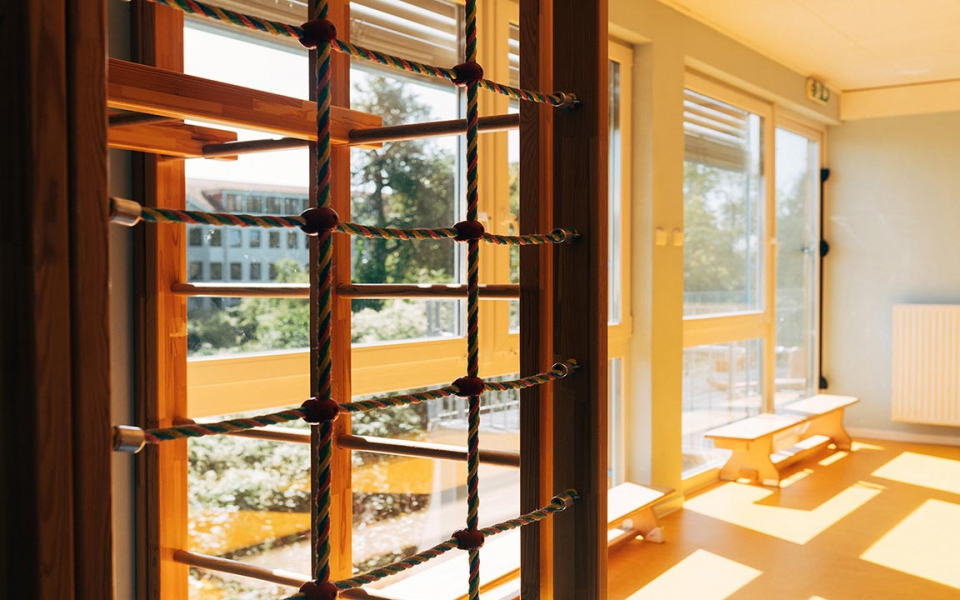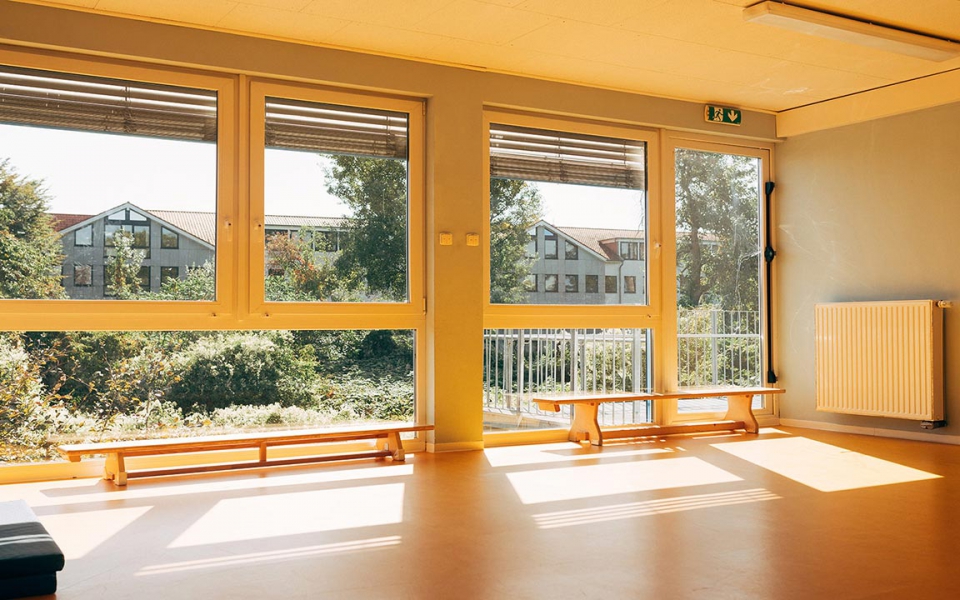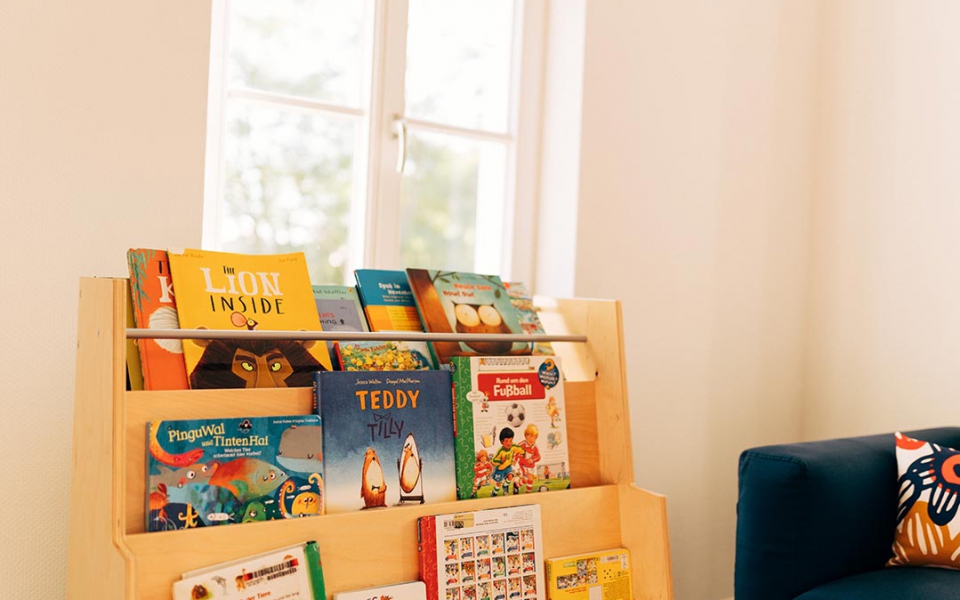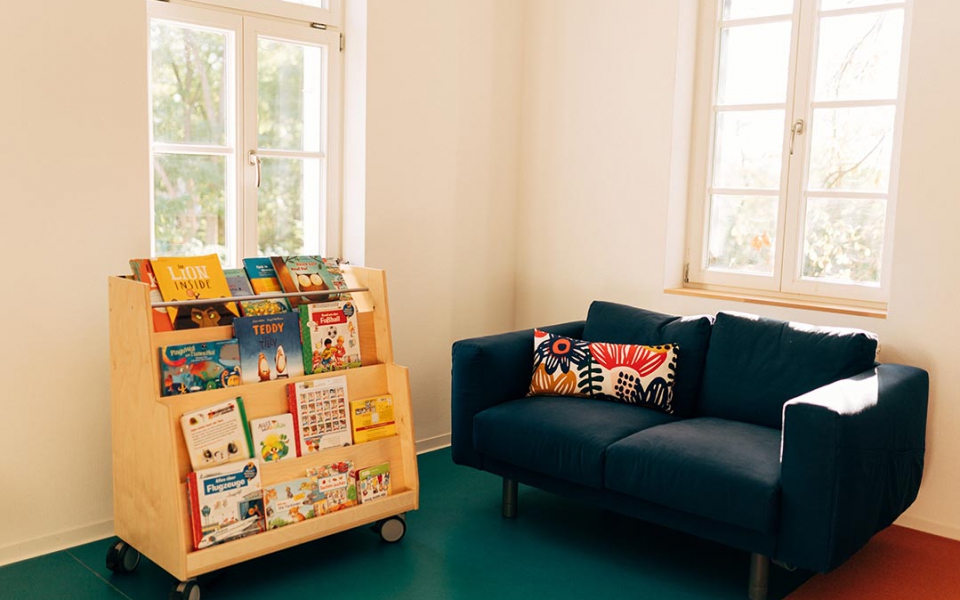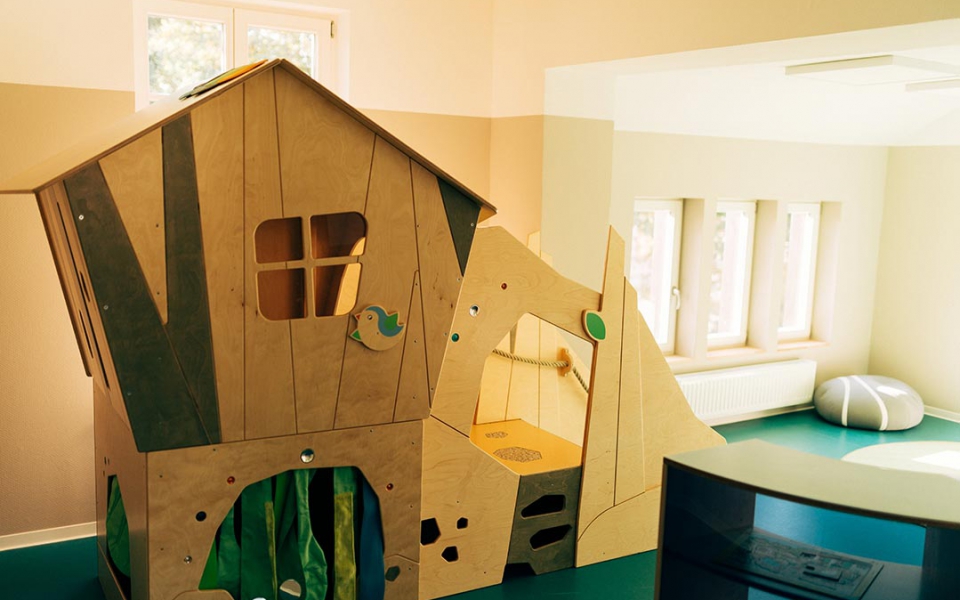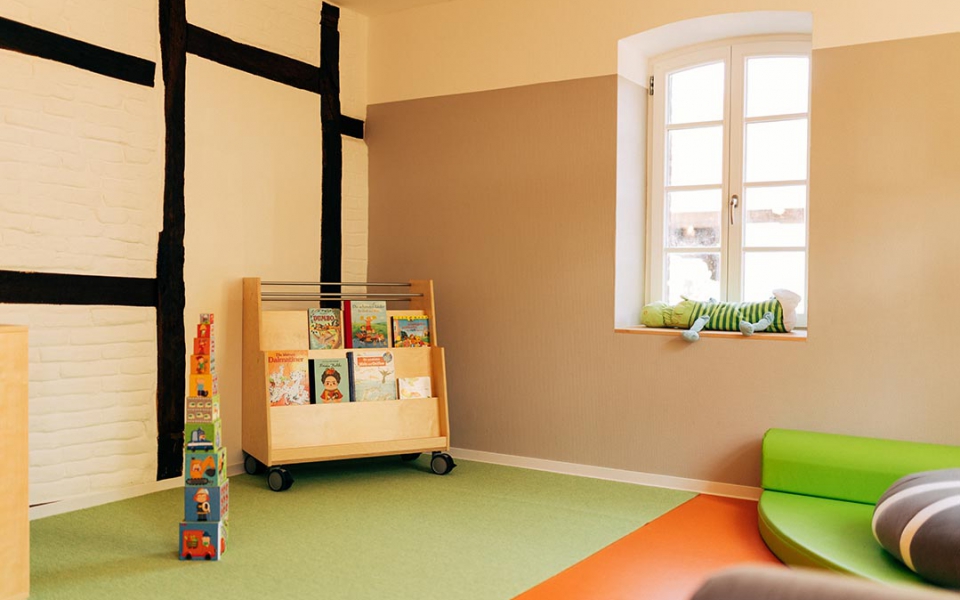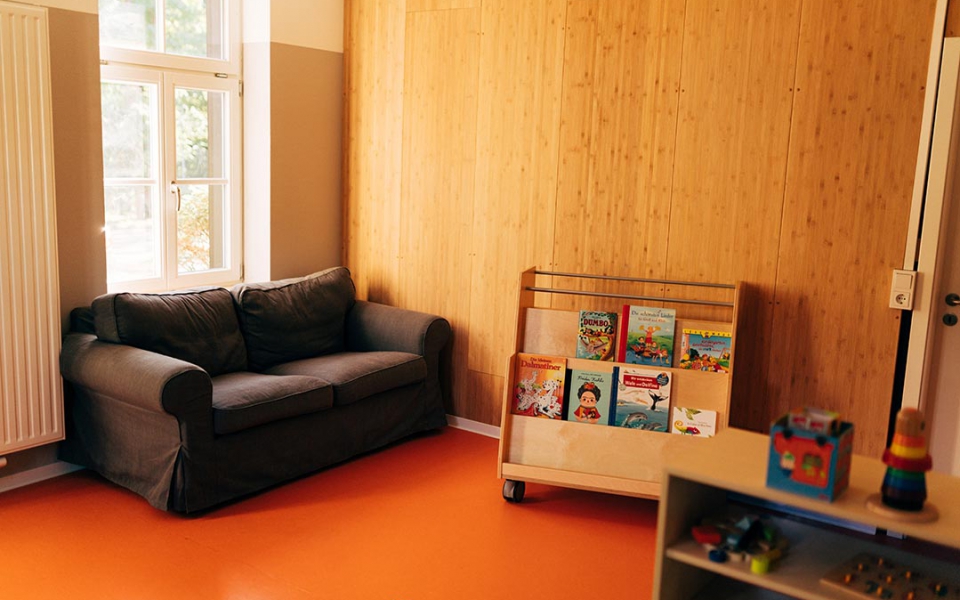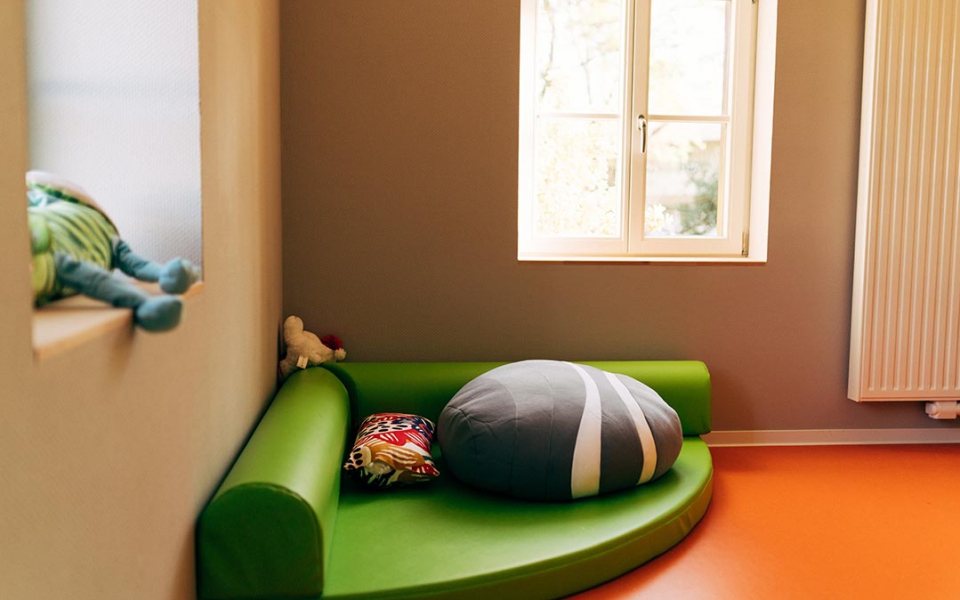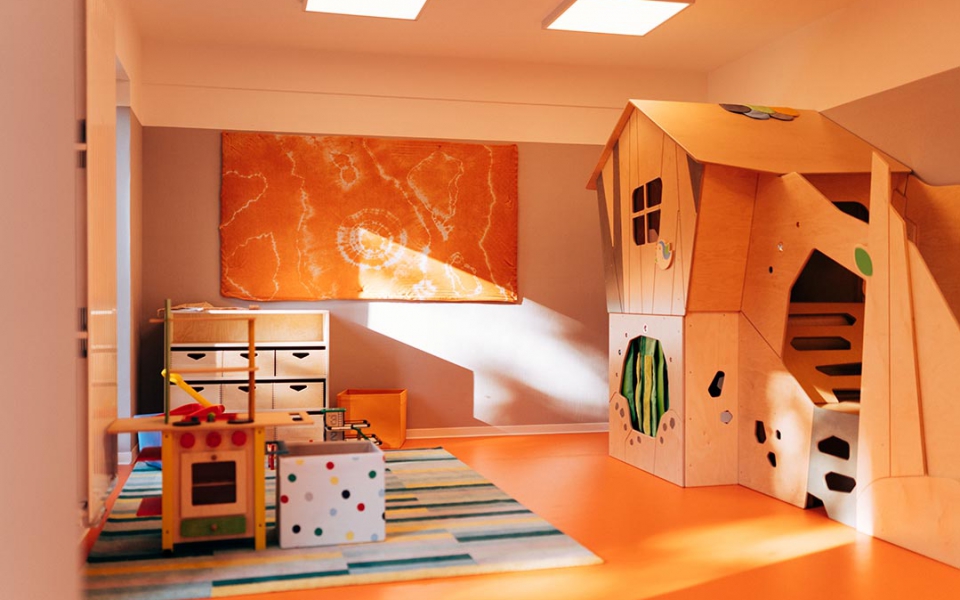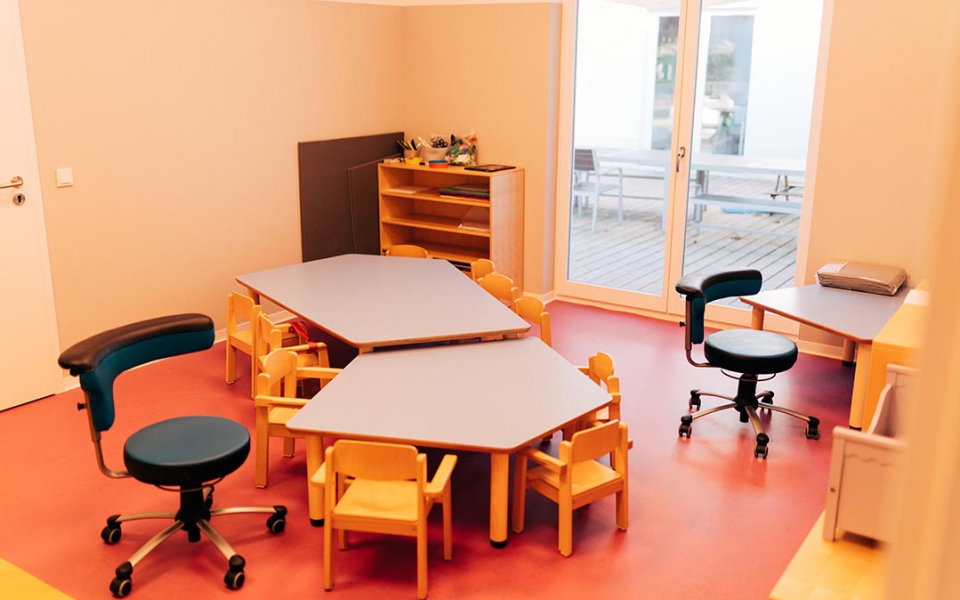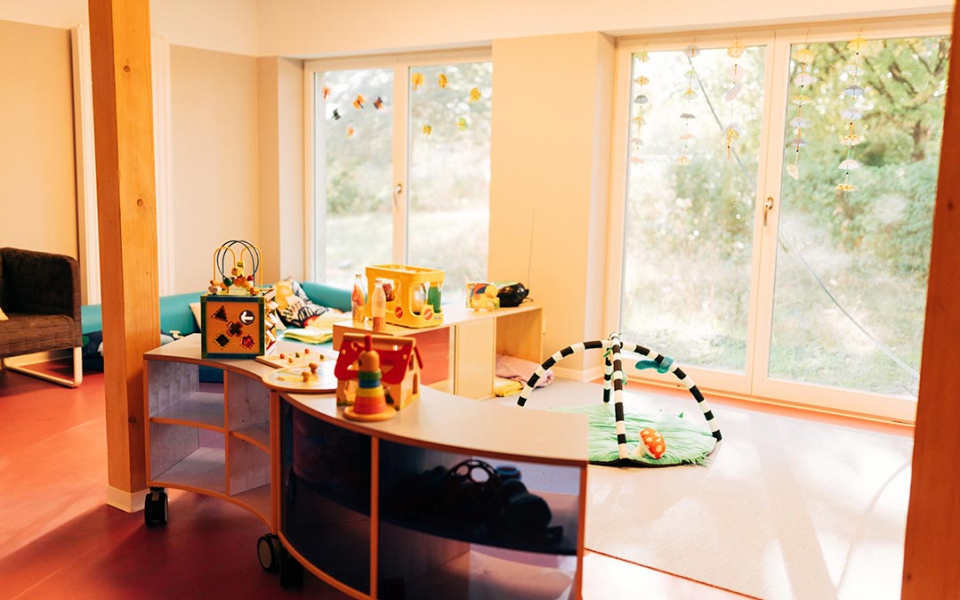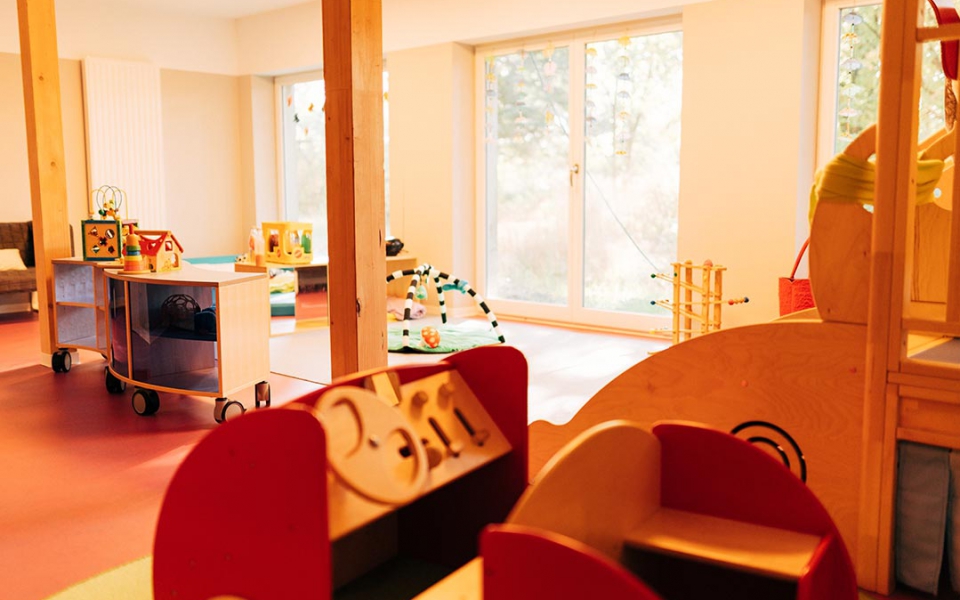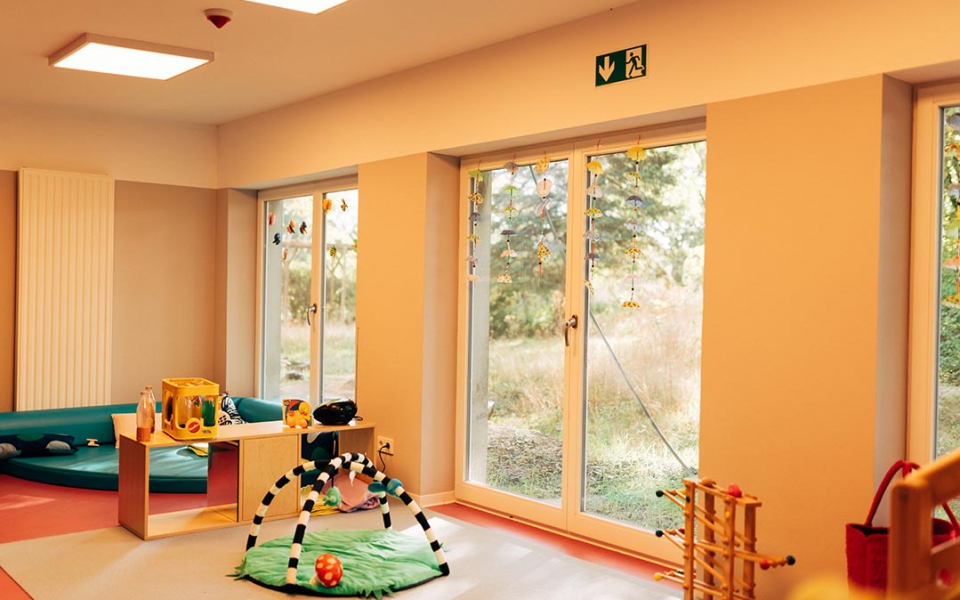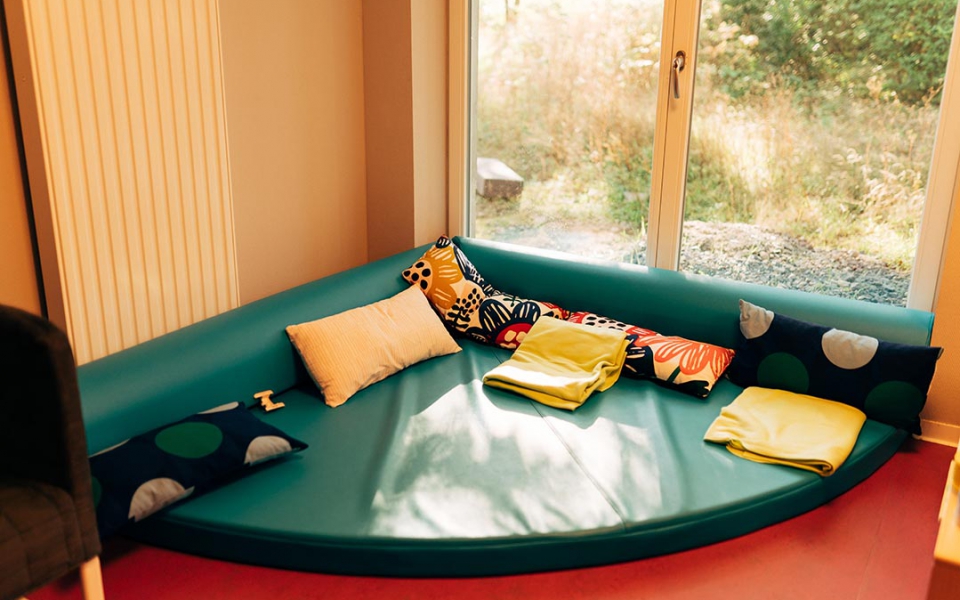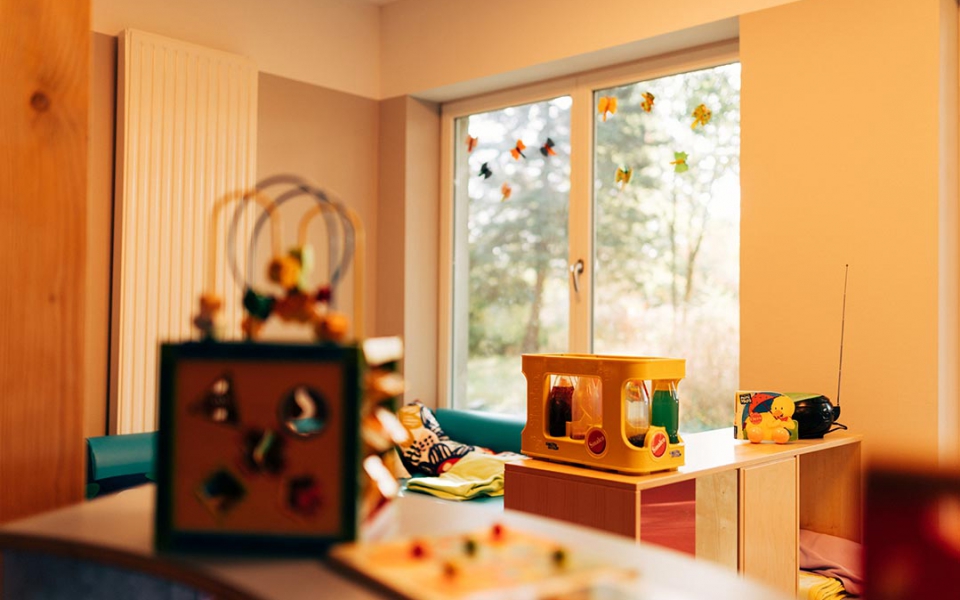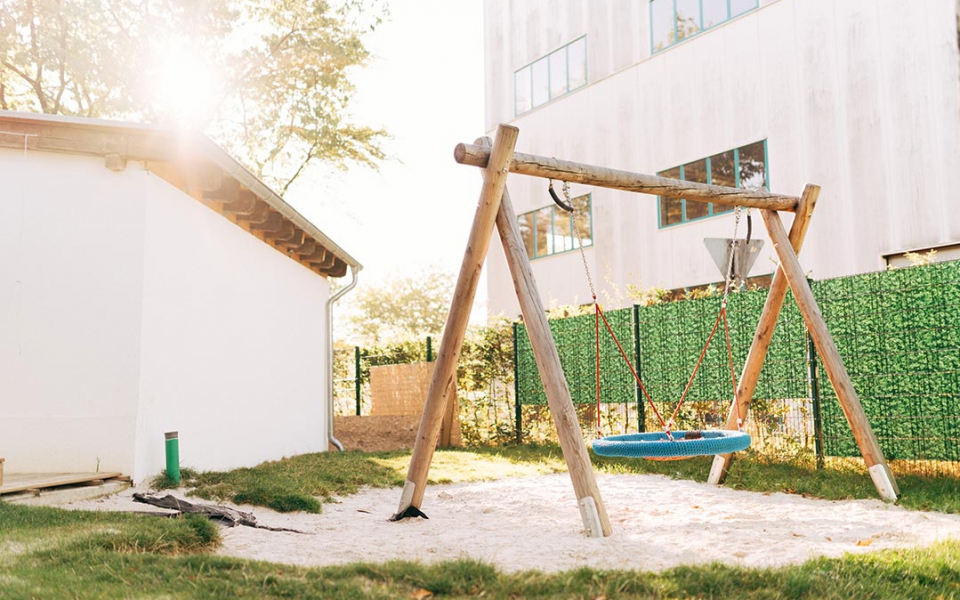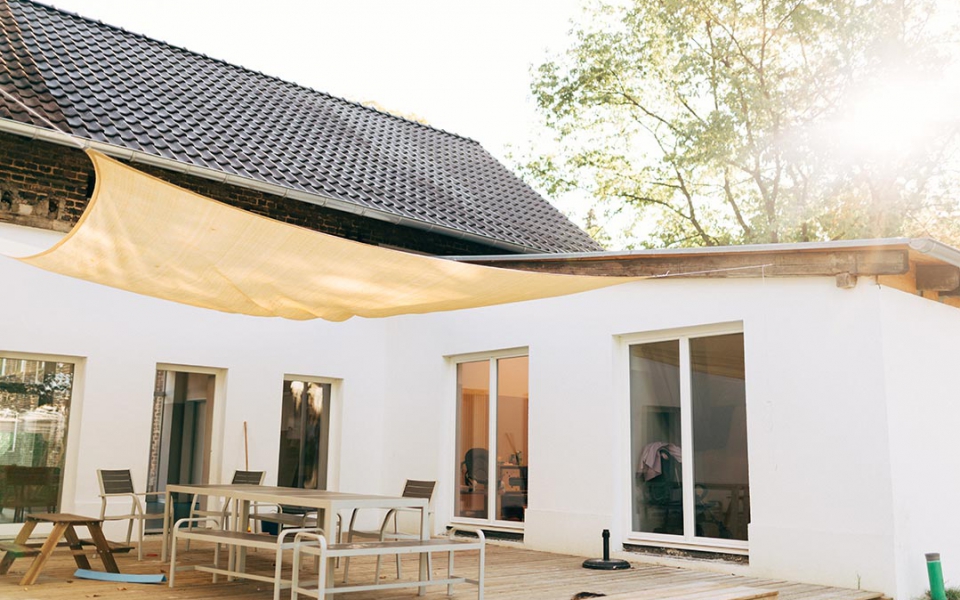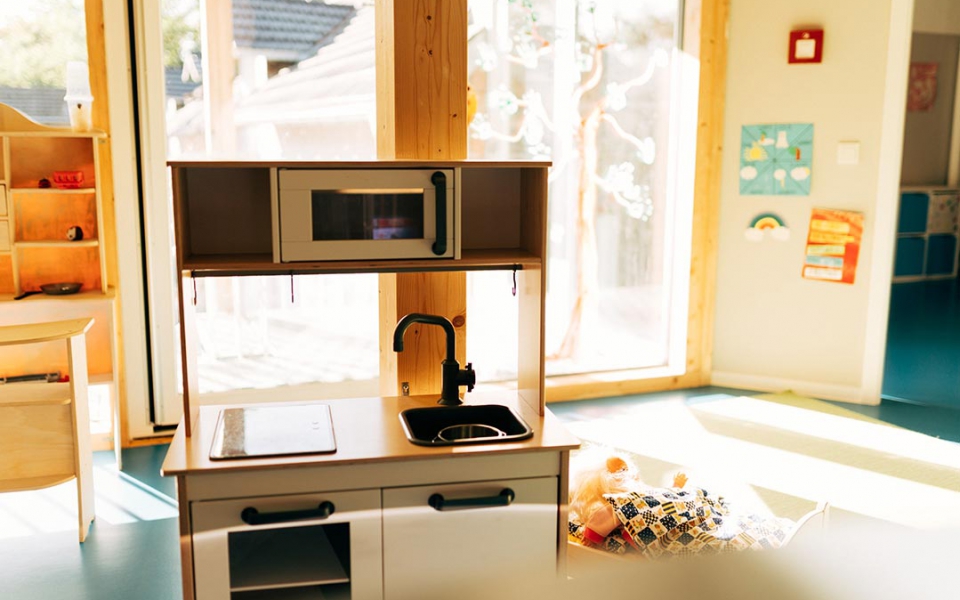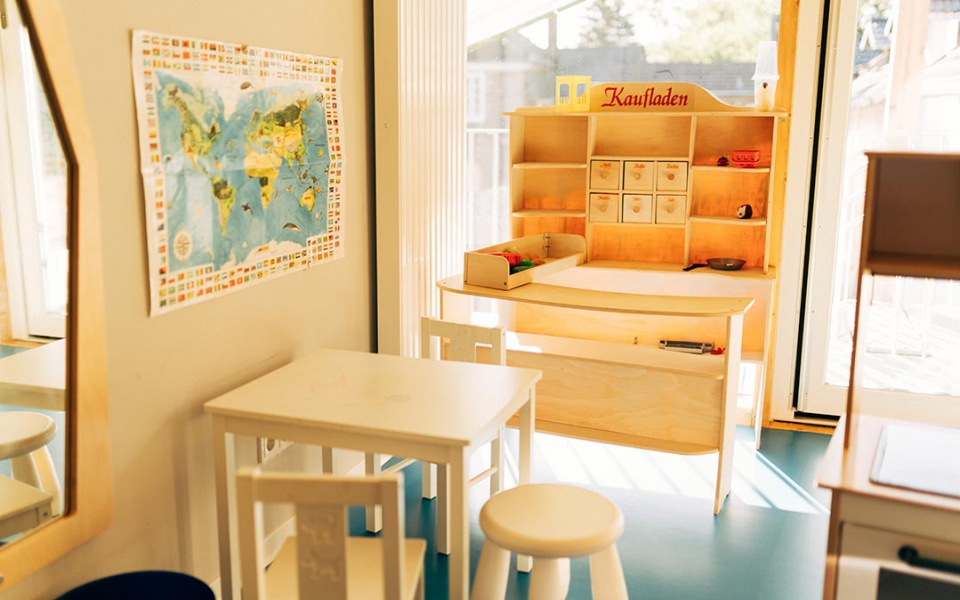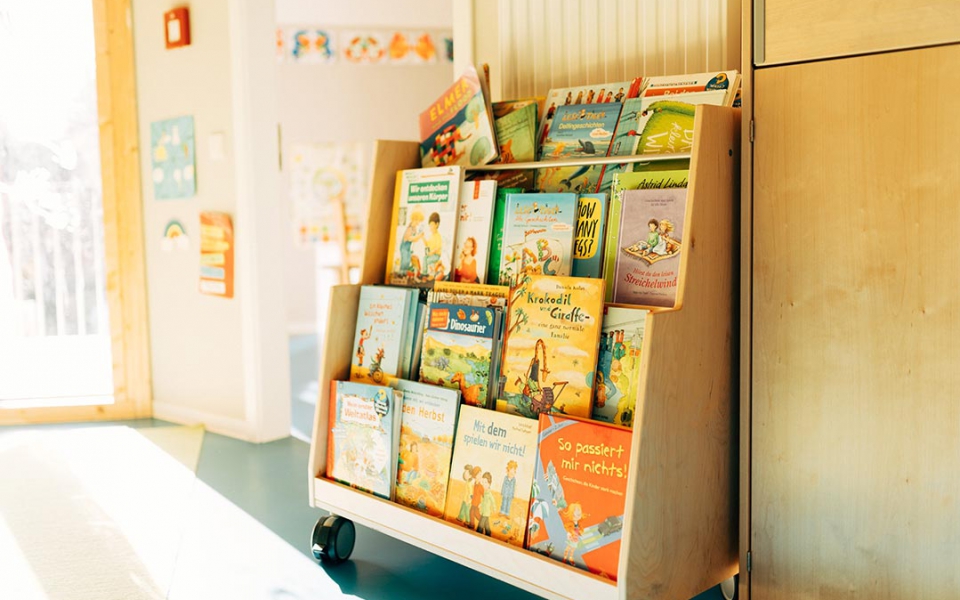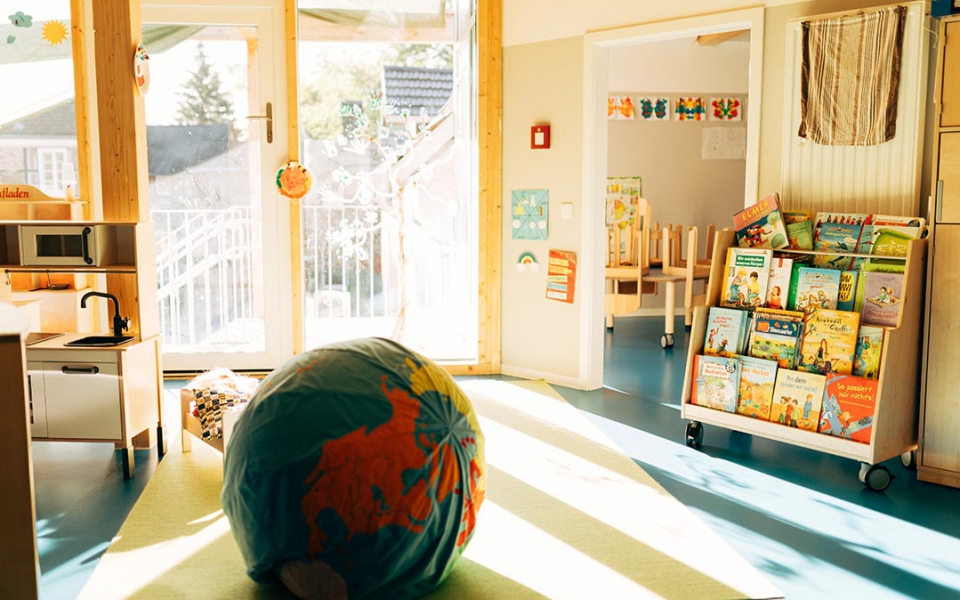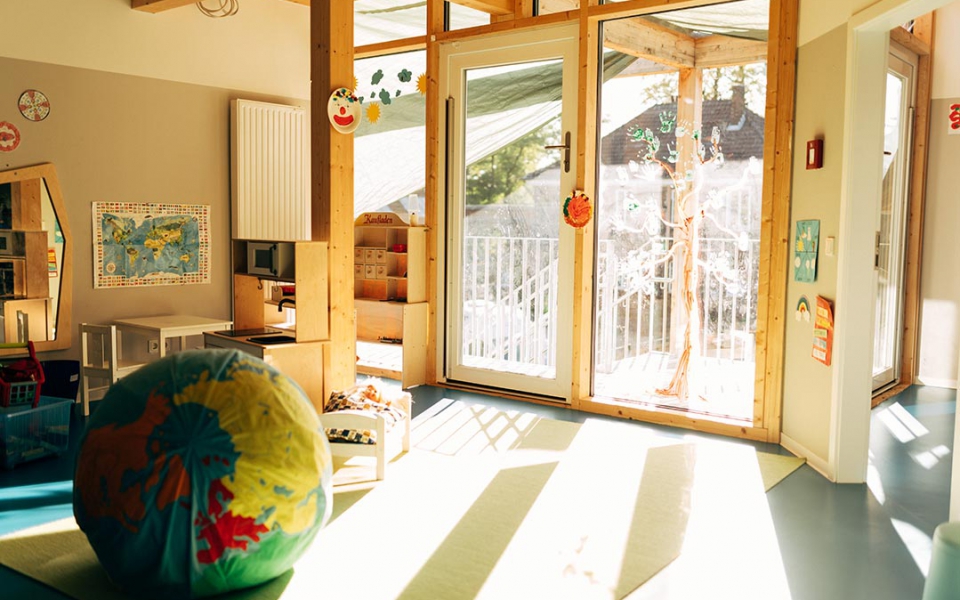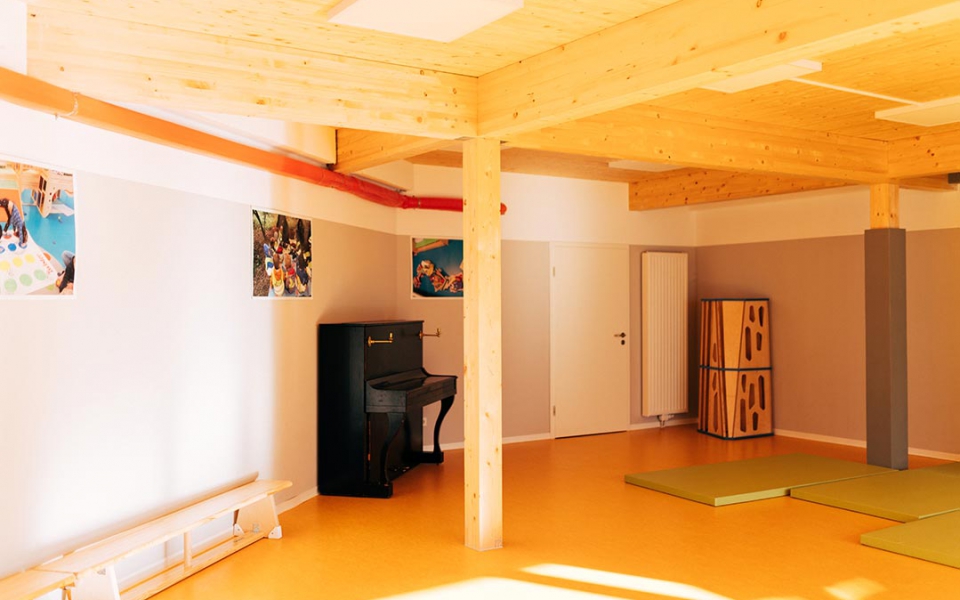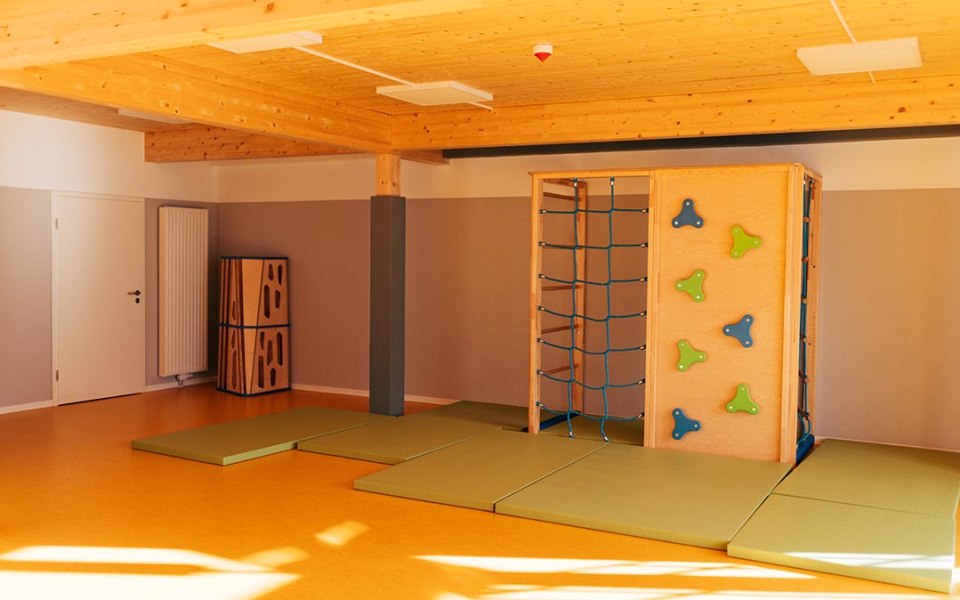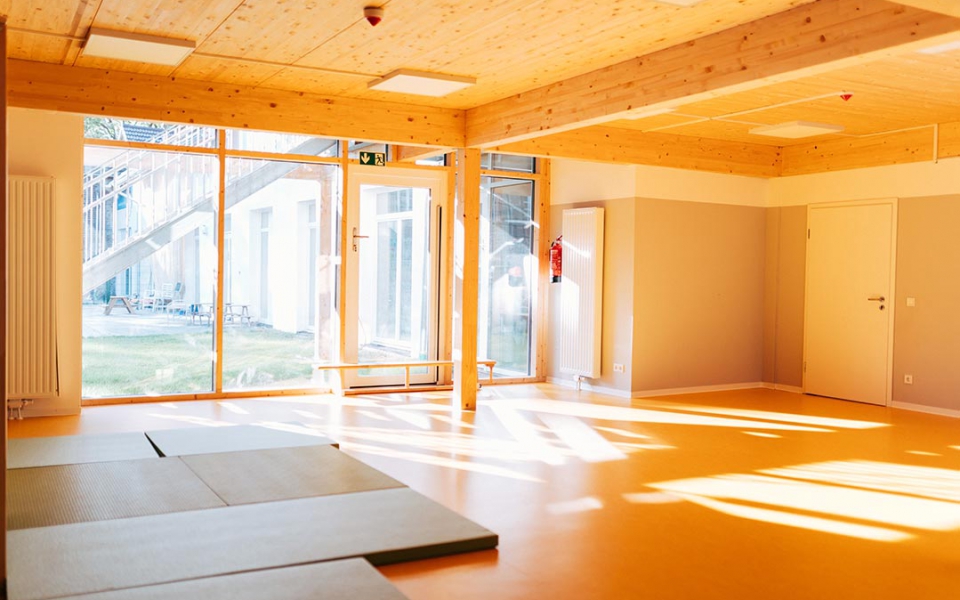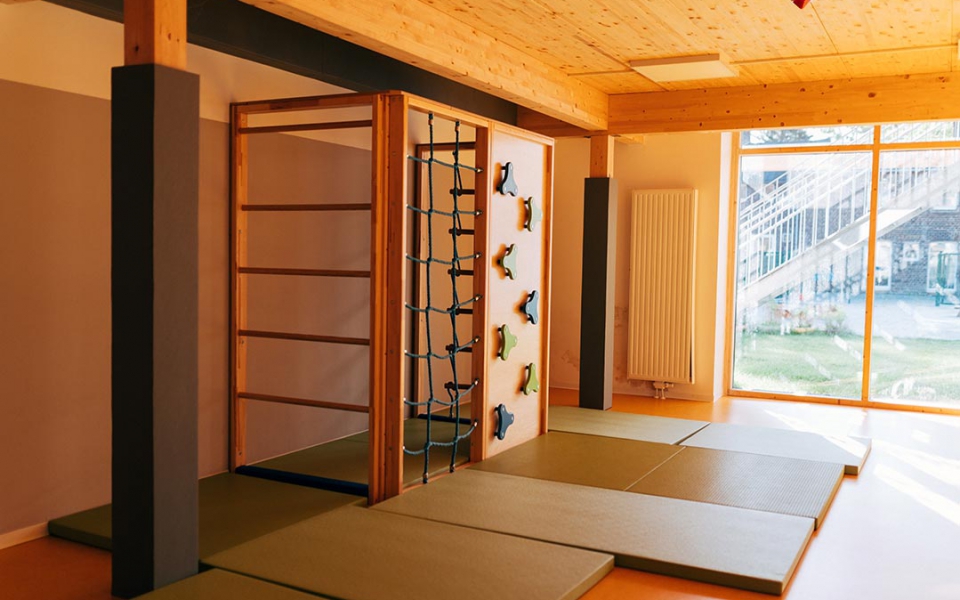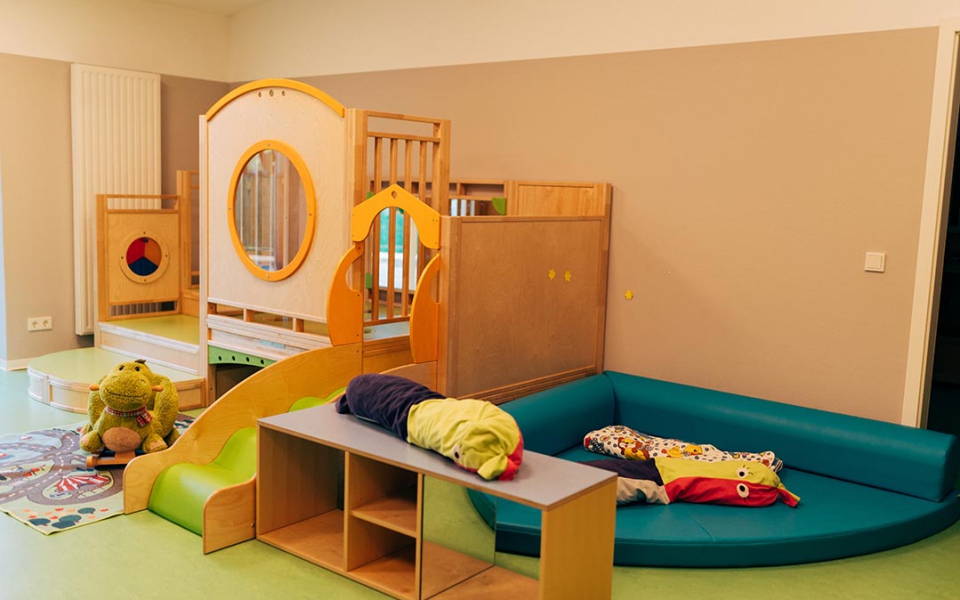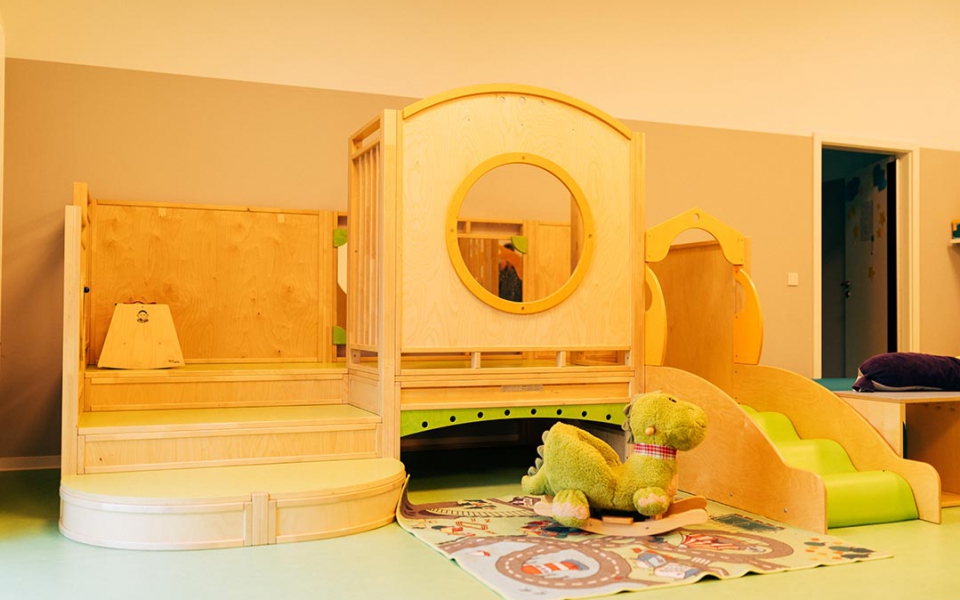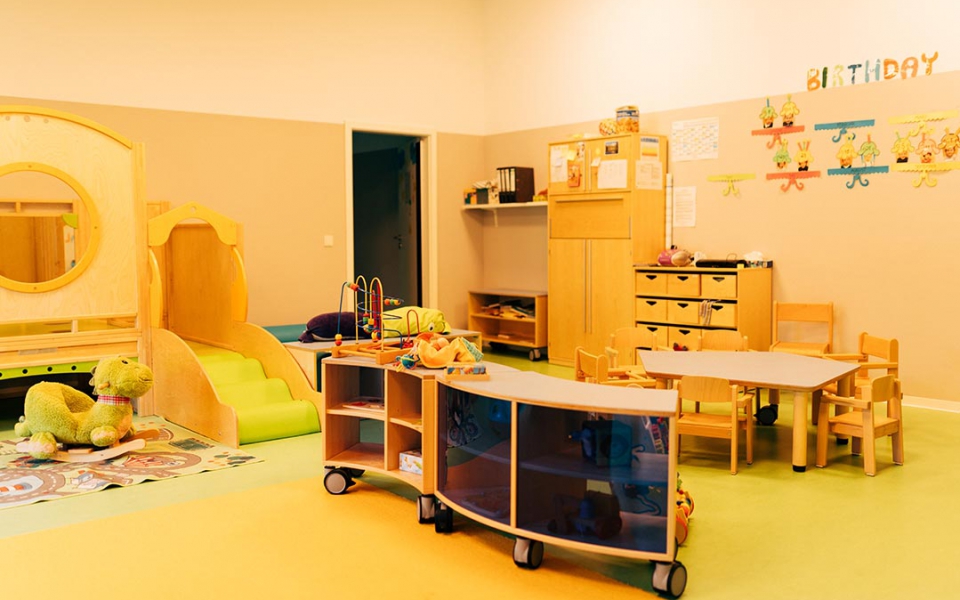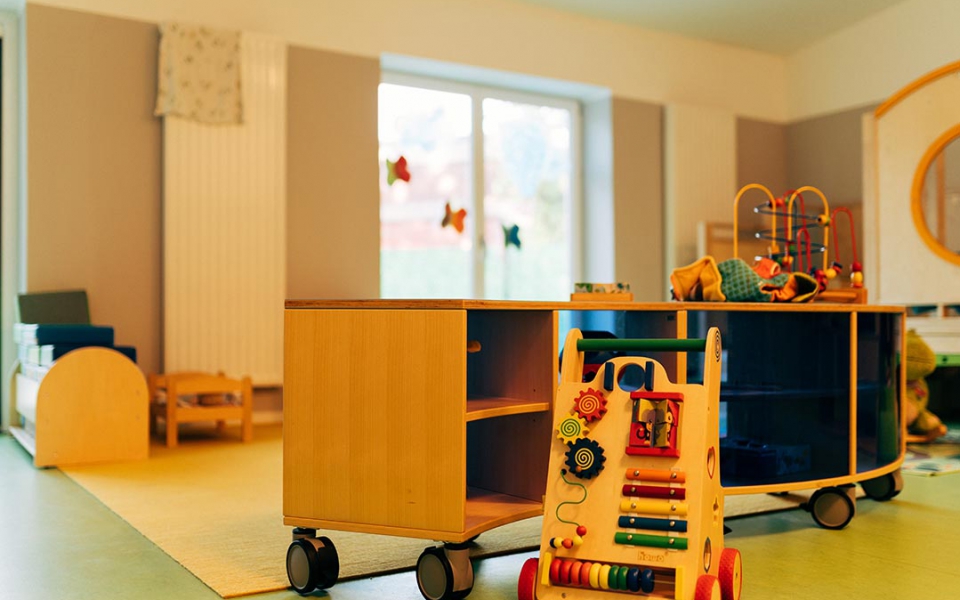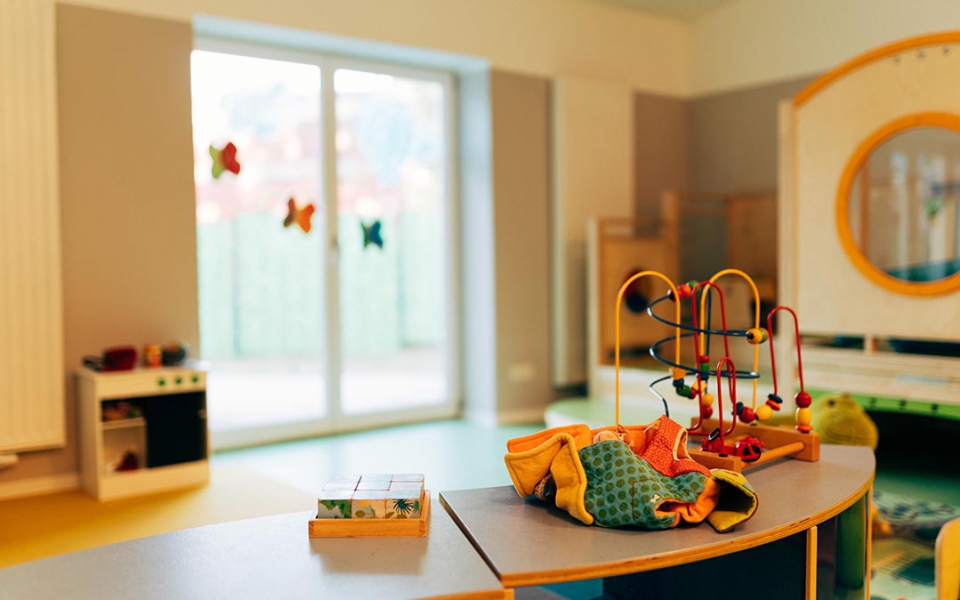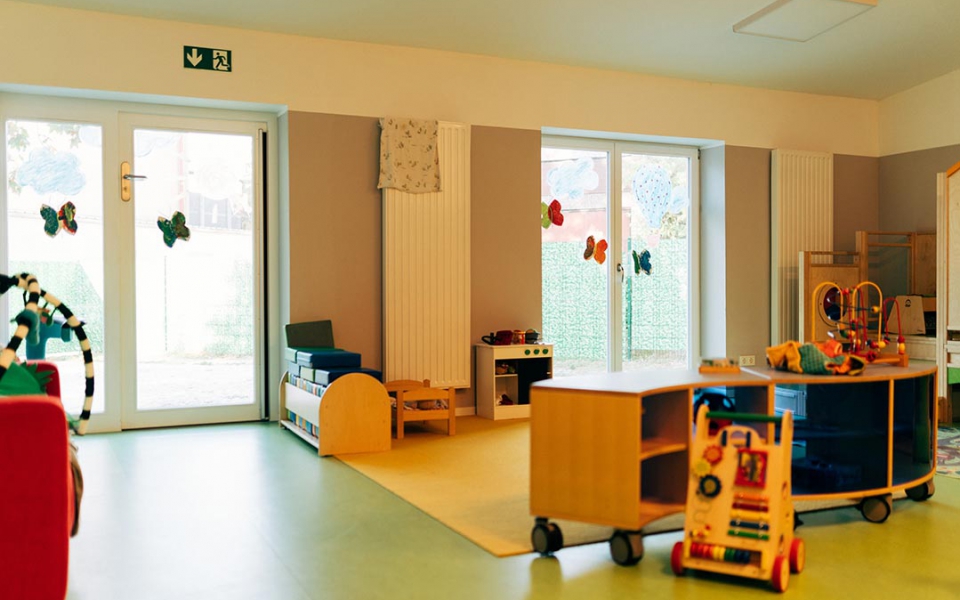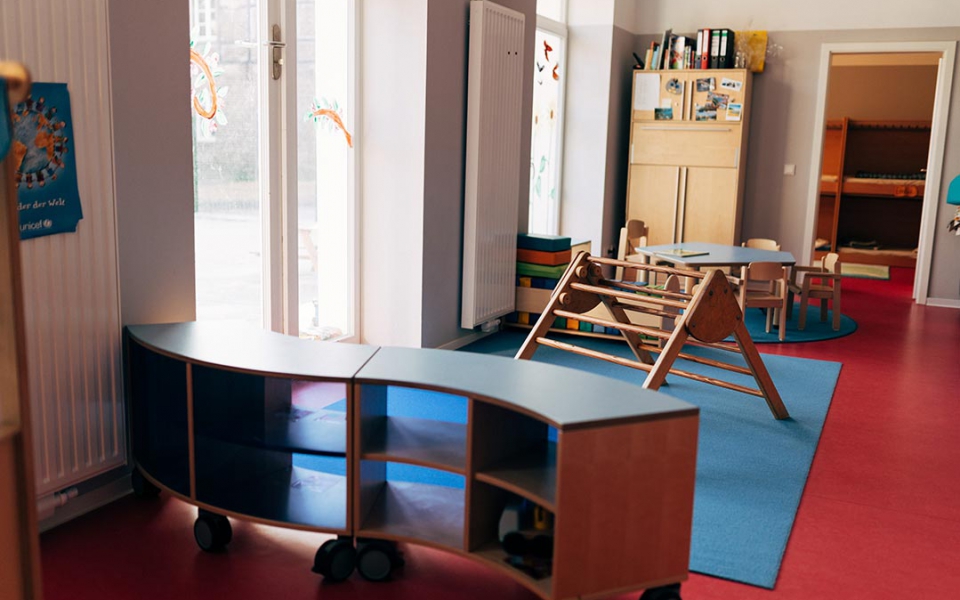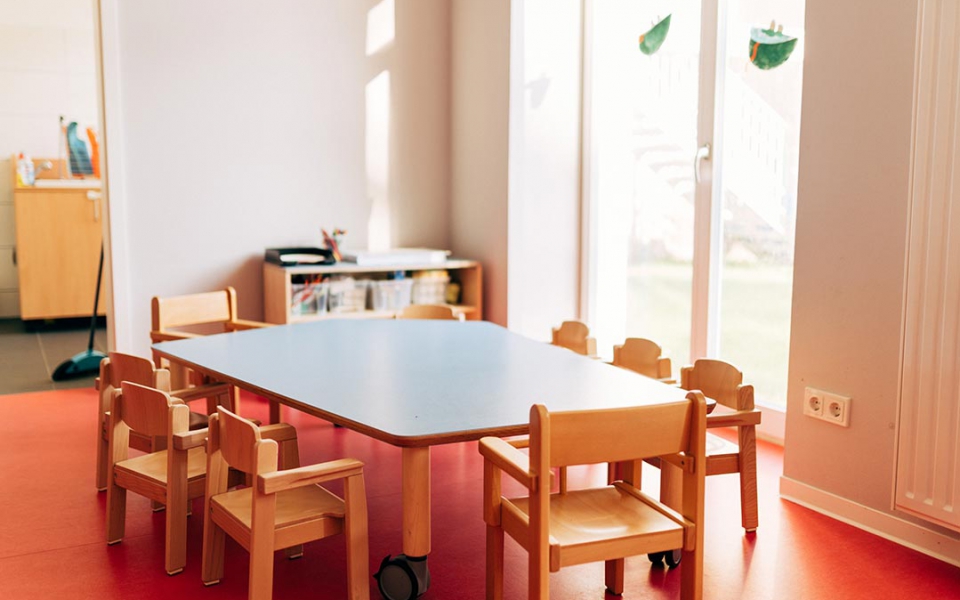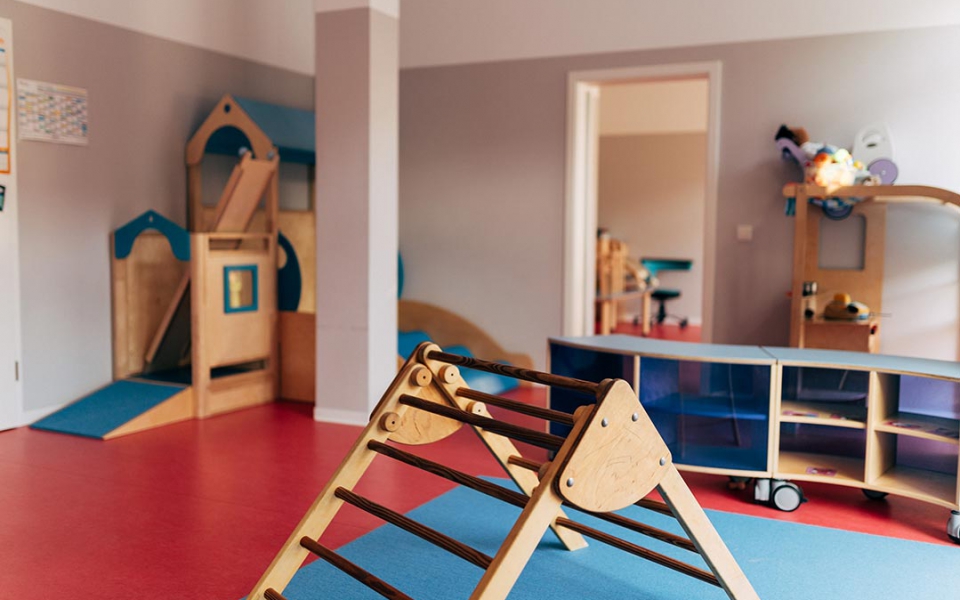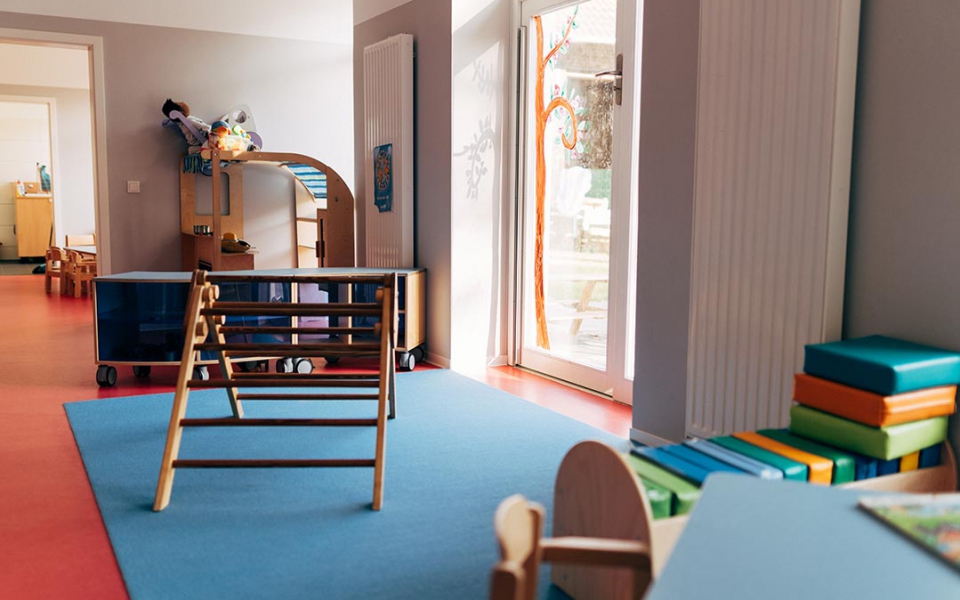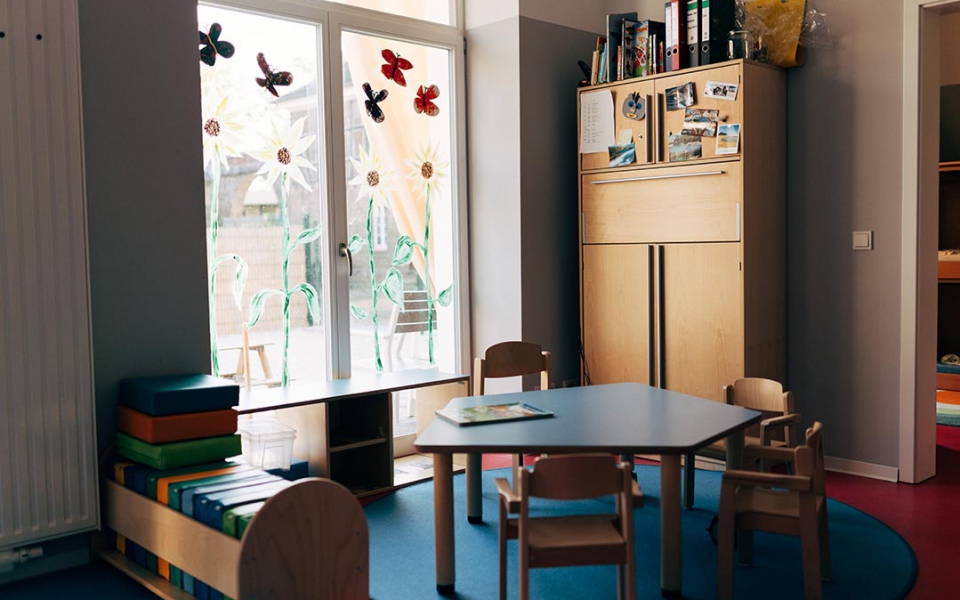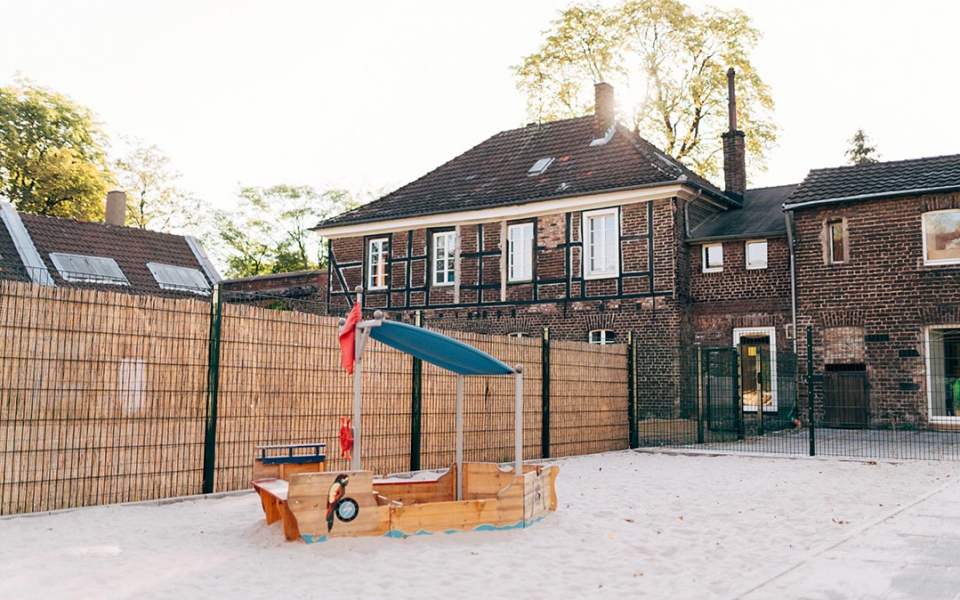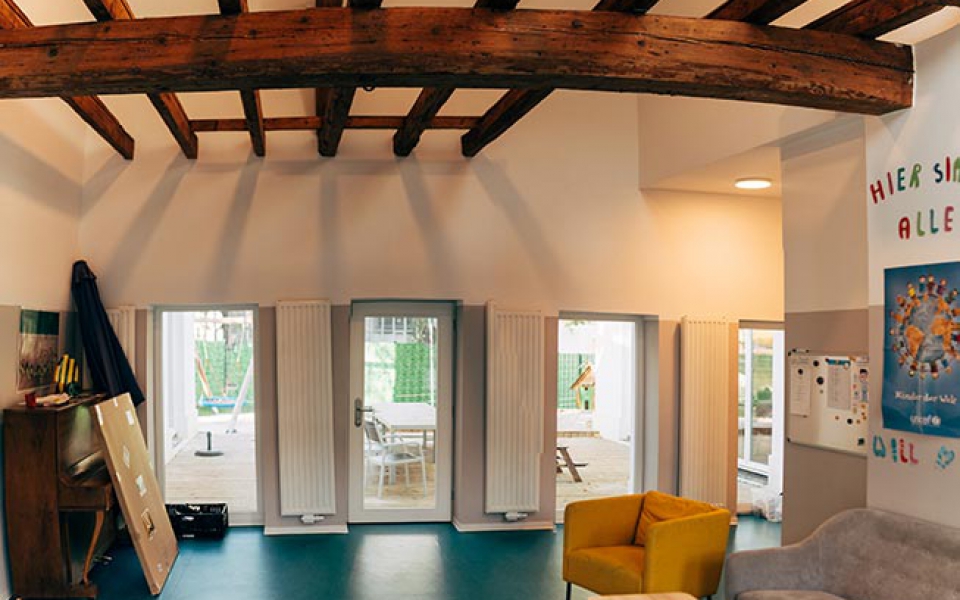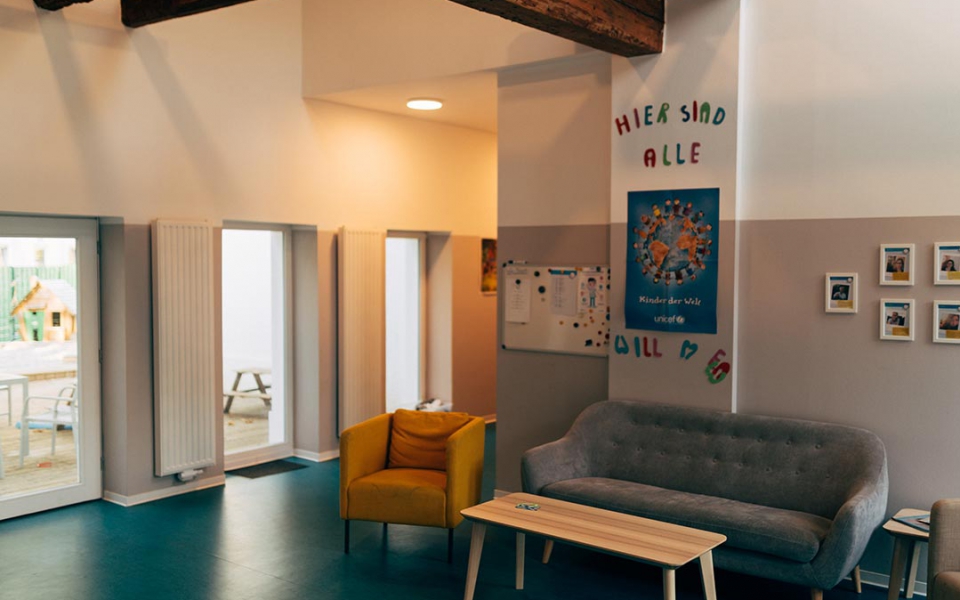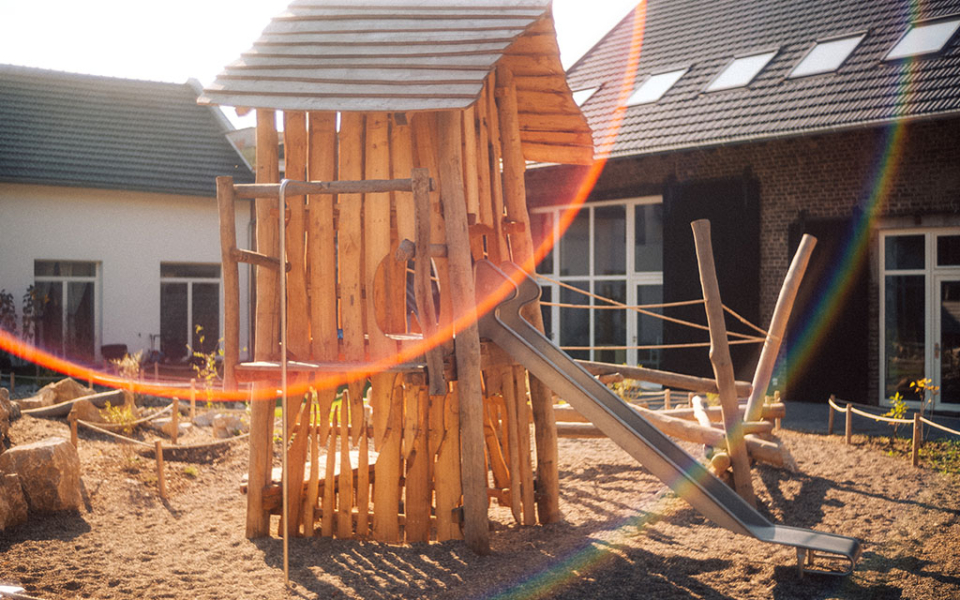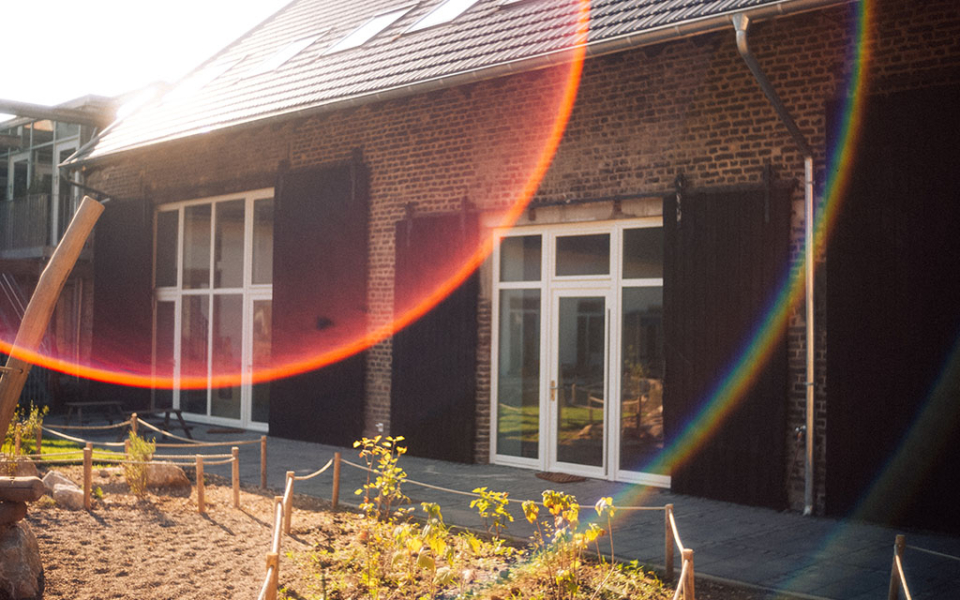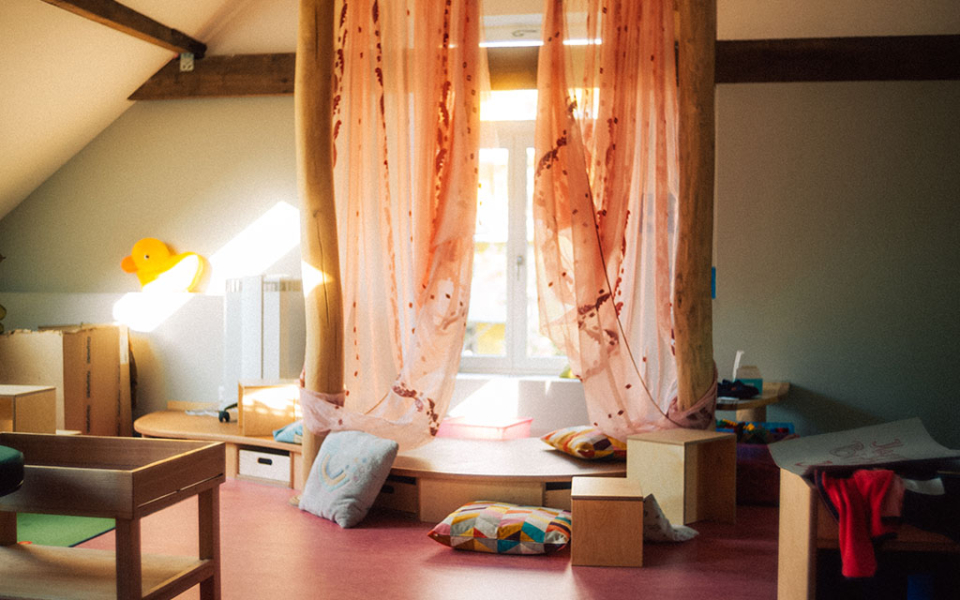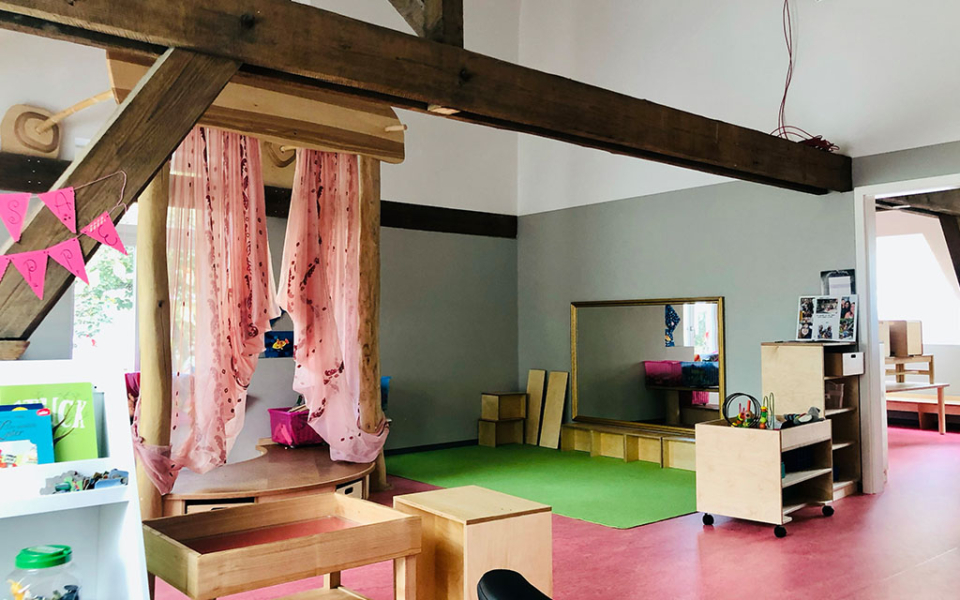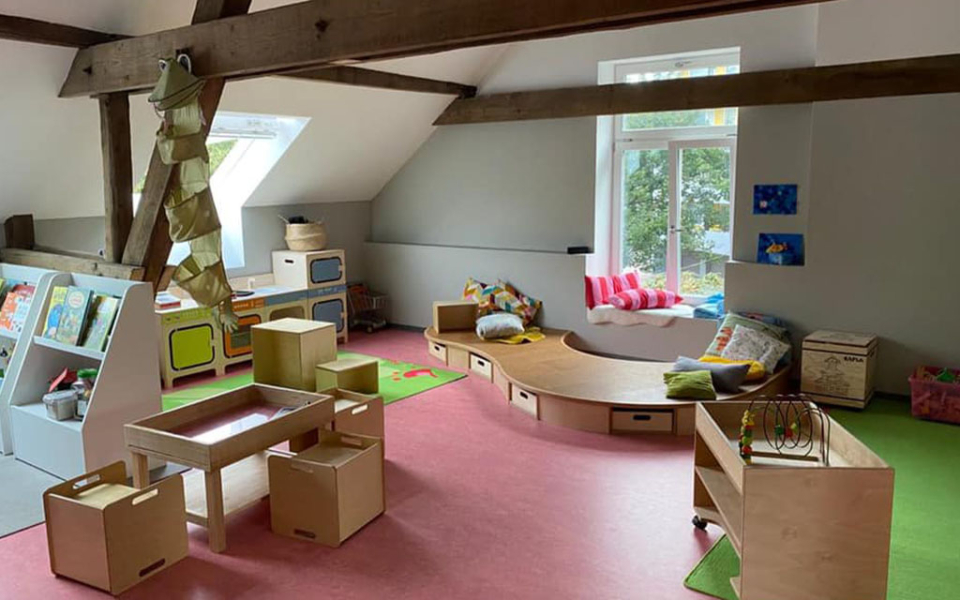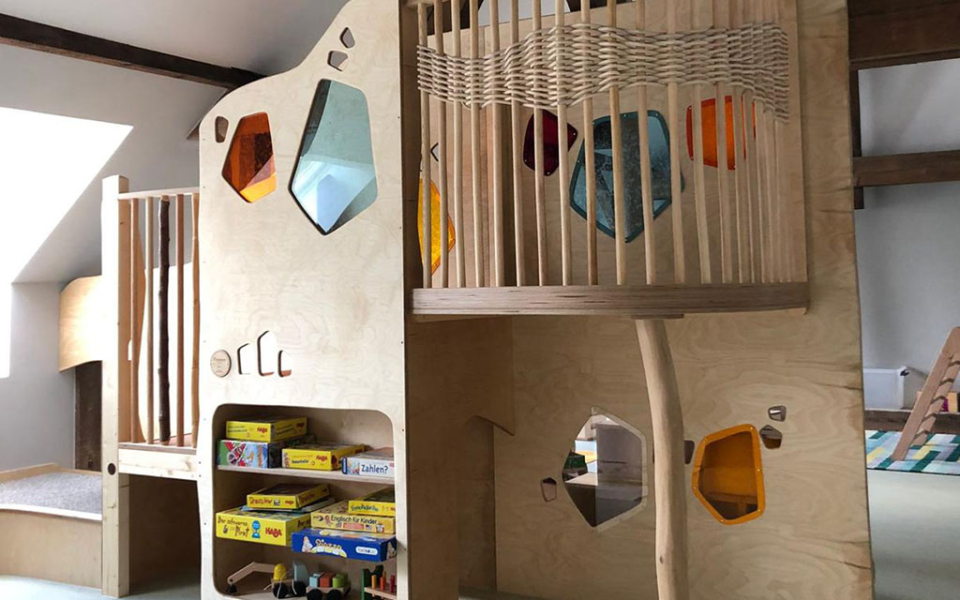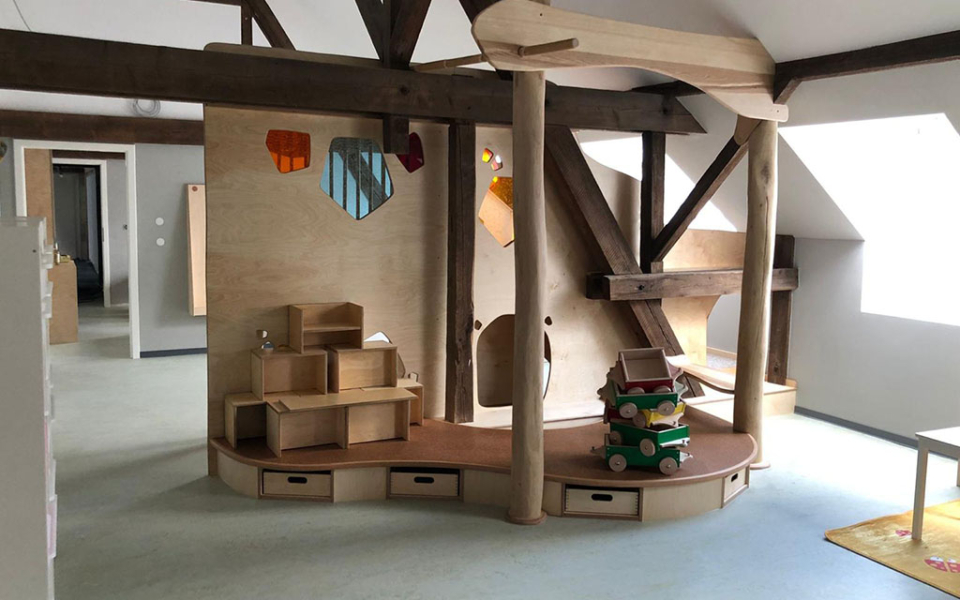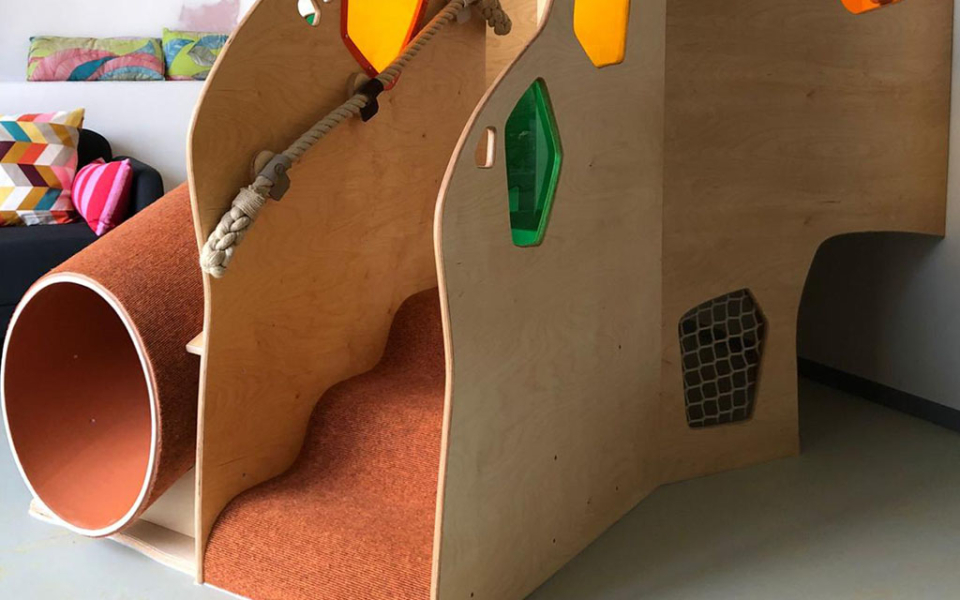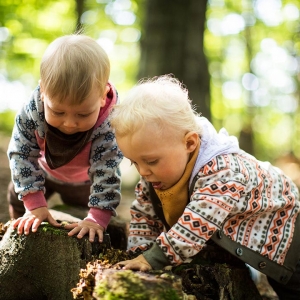 The understanding of gender differences and the development of one’s gender identity is an important theme for kindergarten-aged children. In fact, the first self-categorization process begins already around a child’s first birthday.
The understanding of gender differences and the development of one’s gender identity is an important theme for kindergarten-aged children. In fact, the first self-categorization process begins already around a child’s first birthday.
Many child care providers will say that they treat boys and girls in exactly the same manner. At MyDagis, we consciously do not treat them the same. Children are not the same and should not be treated as though they are. Equality is not necessarily fair. Gender competence is based on recognizing differences in individuals.
Fortunately, many children are inclined to reject predetermined gender constructions when they realize that they do not fit their interests. But children who do not behave in a typical manner for their gender are often insecure and sometimes bullied. The foundation of gender-sensitive education is to encourage each child’s individuality, regardless of gender stereotypes, and to uncover gender-typical social practices by the children that are unhealthy and/or limiting and guide these practices in a more critical manner.
The goal of gender-sensitive education is to encourage children to explore their individual interests and strengths, without constant consideration of gender clichés. Gender-sensitive education is based on an attitude that recognizes diverse lifestyles and emphasizes the importance of equal opportunities and inclusion. Through our pedagogical way of working, we practice gender equality at MyDagis and, in this regard, support a society free of gender heierarchies. Specifically, this means that all employees work in a self-reflective manner, pay attention to their own language choices, and use gender-appropriate language, so as not to restrict the children in their development. For example, “I need some children to help me carry this heavy table” instead of ” I need four strong boys to help me carry this table”. In this way, it’s not just the “strong kids”, the boys, or the girls who are being addressed, but rather any children who believe in their own strength. Gender-sensitive education begins with qualified personal. Thus, MyDagis deals with gender stereotypes and gender-specific expectations head- on through training workshops and team meetings focused on gender issues. With male staff members in the Under 3 and 3+ groups, we practice gender-sensitive education openly and actively, and we have a number of male and female role models. In addition, we take a close look at educational materials such as games, books, songs, etc., and try to ensure that they do not reinforce traditional gender clichés (e.g. books in which only men are depicted in cars and semi-trucks). But here, too, the participation of the children and their parents plays an important role. The topic often comes up in our newsletter, during parent talks, and on parents’ evenings, and it is important that we can reflect and continue to evolve our approach together. We have to take the children seriously and work with them in a reflection-oriented manner if we are to accept them as independent subjects of their actions.
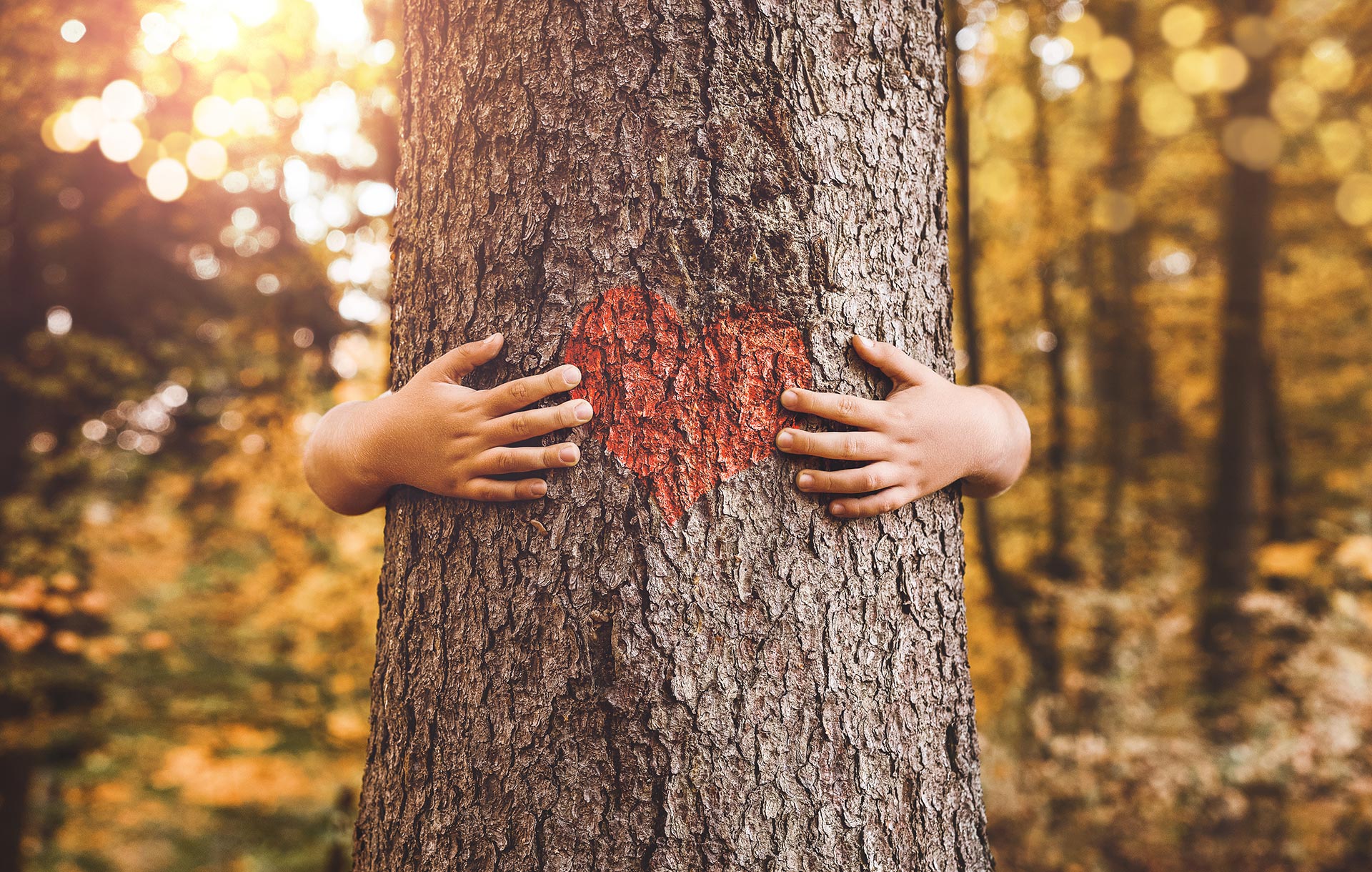
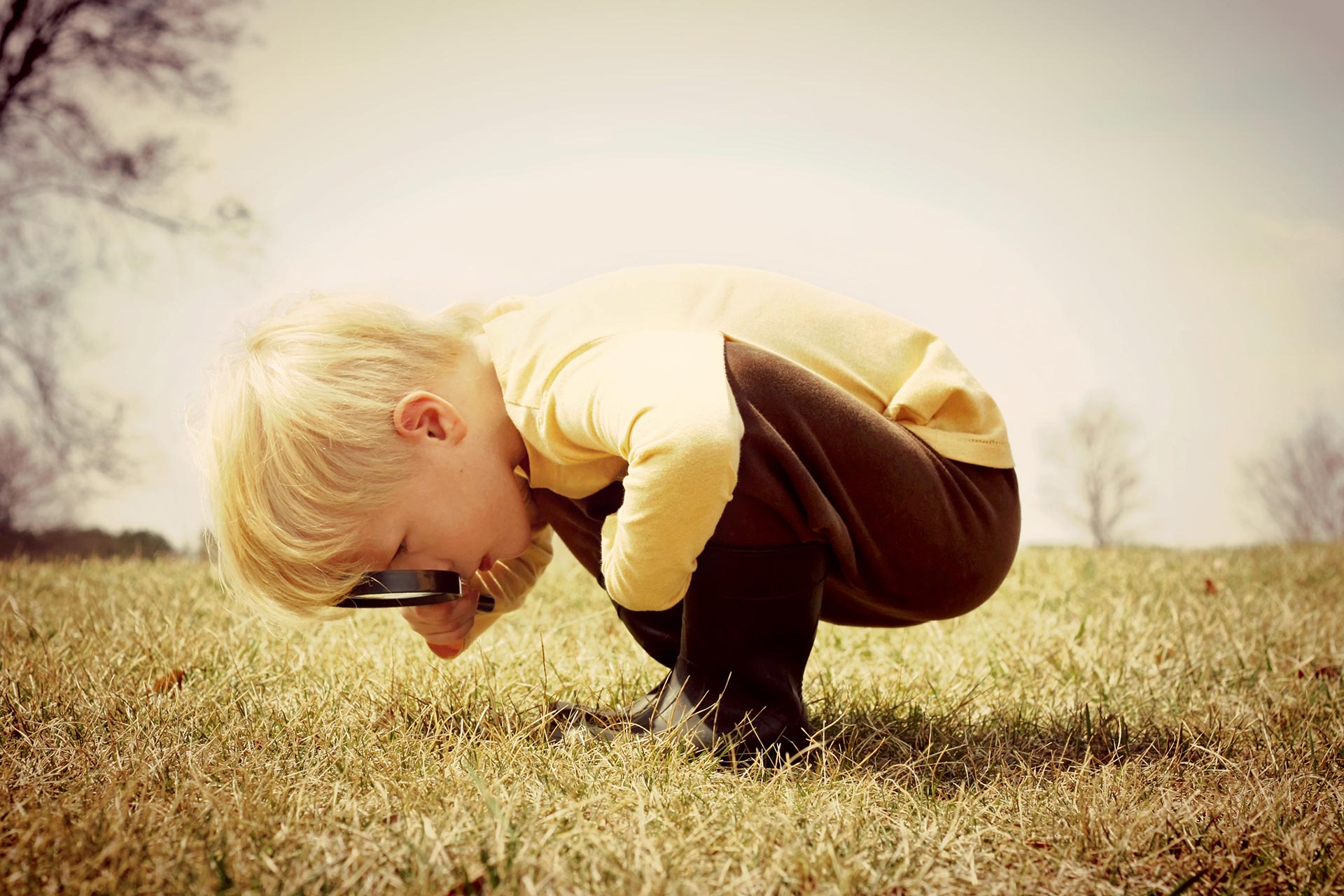
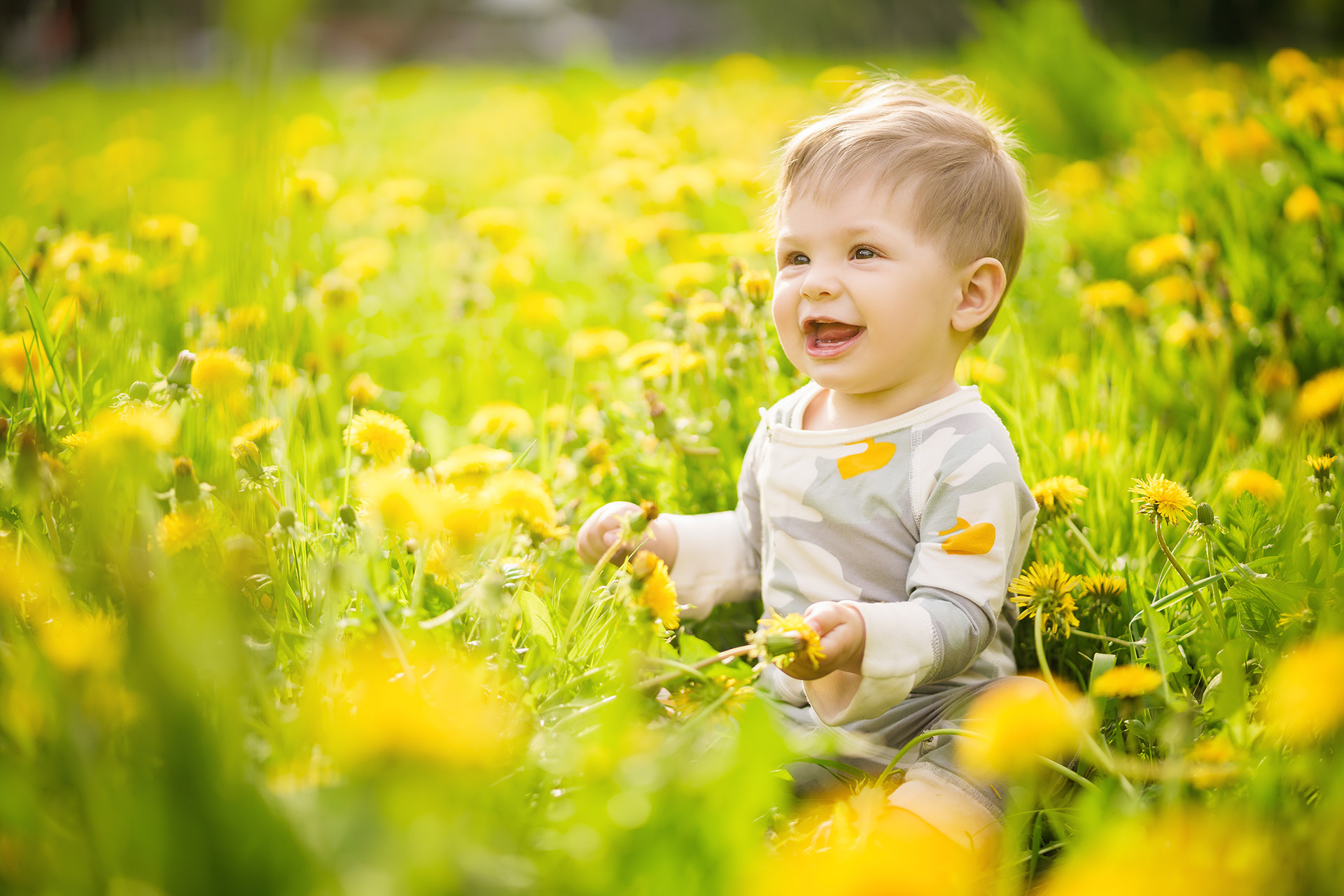
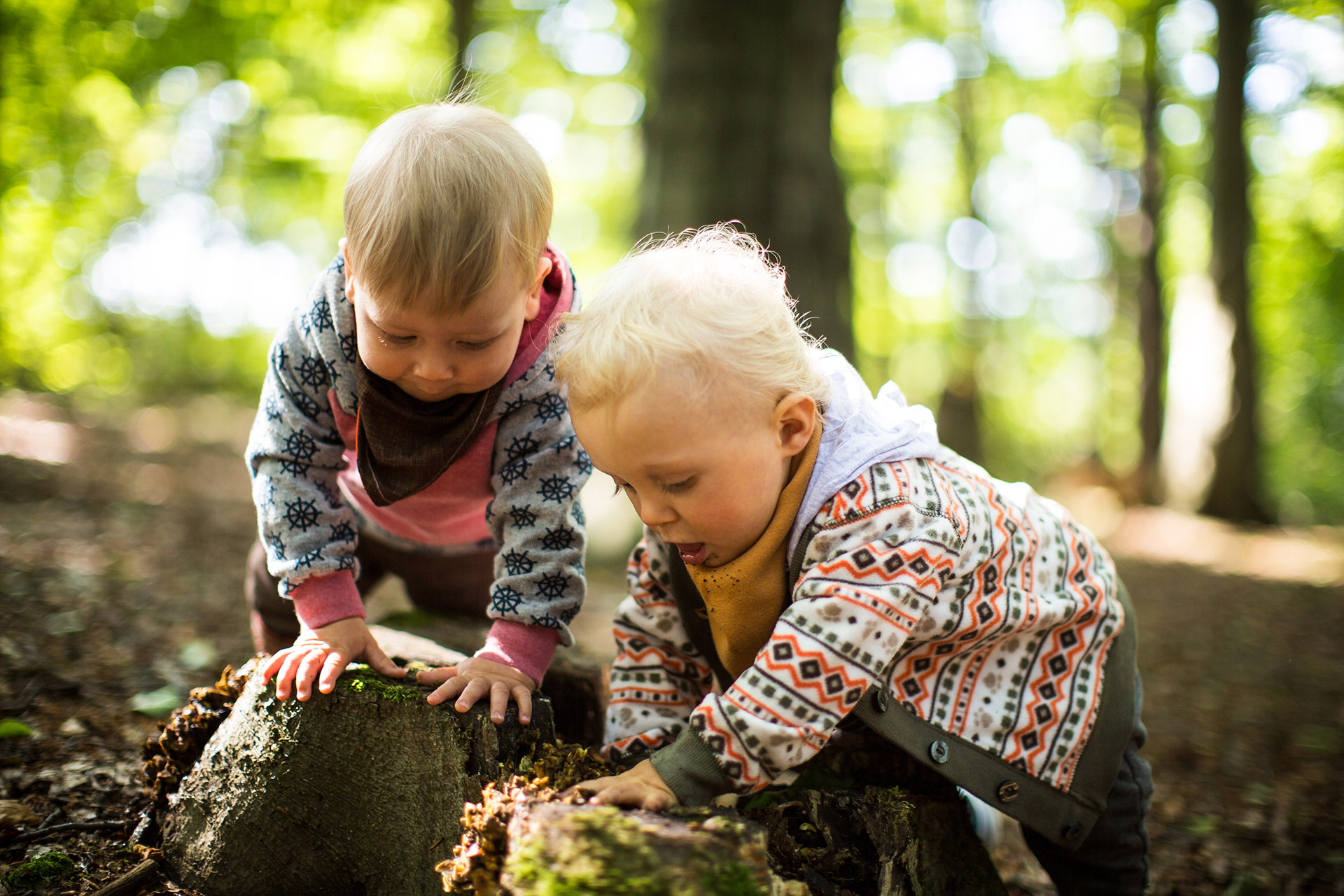
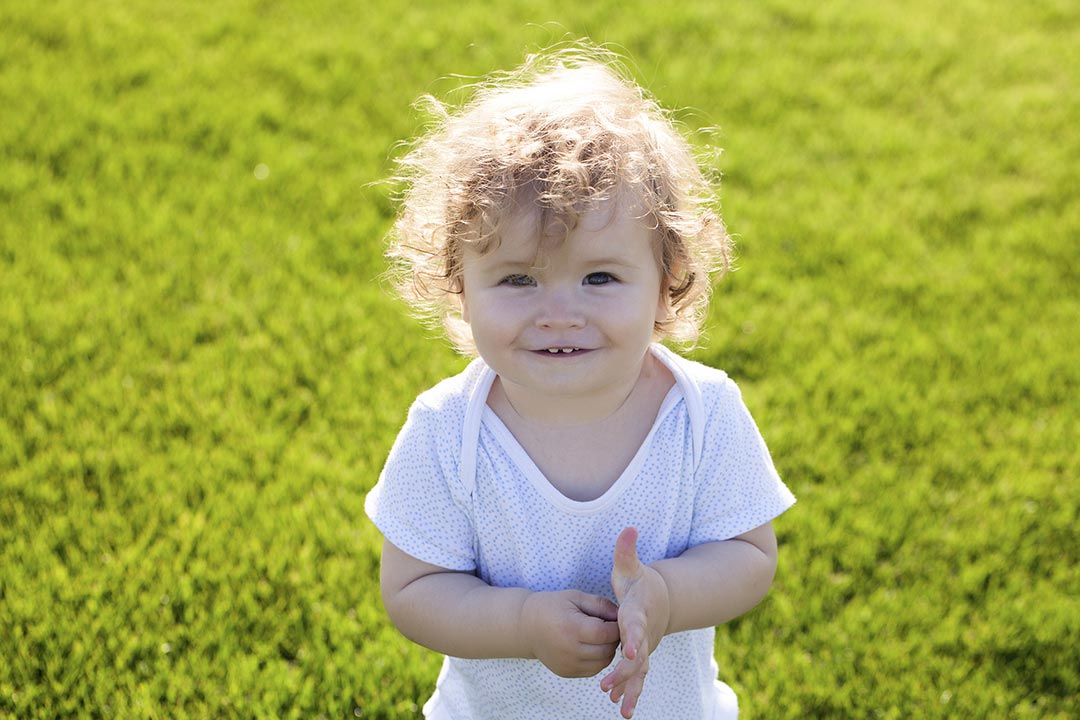
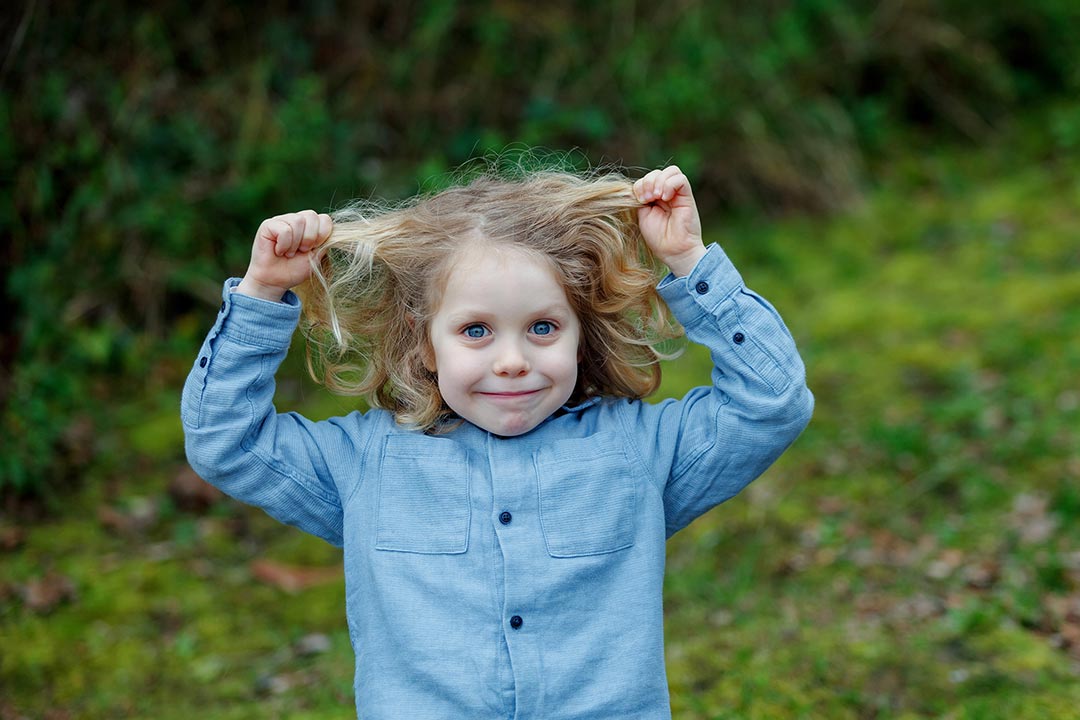
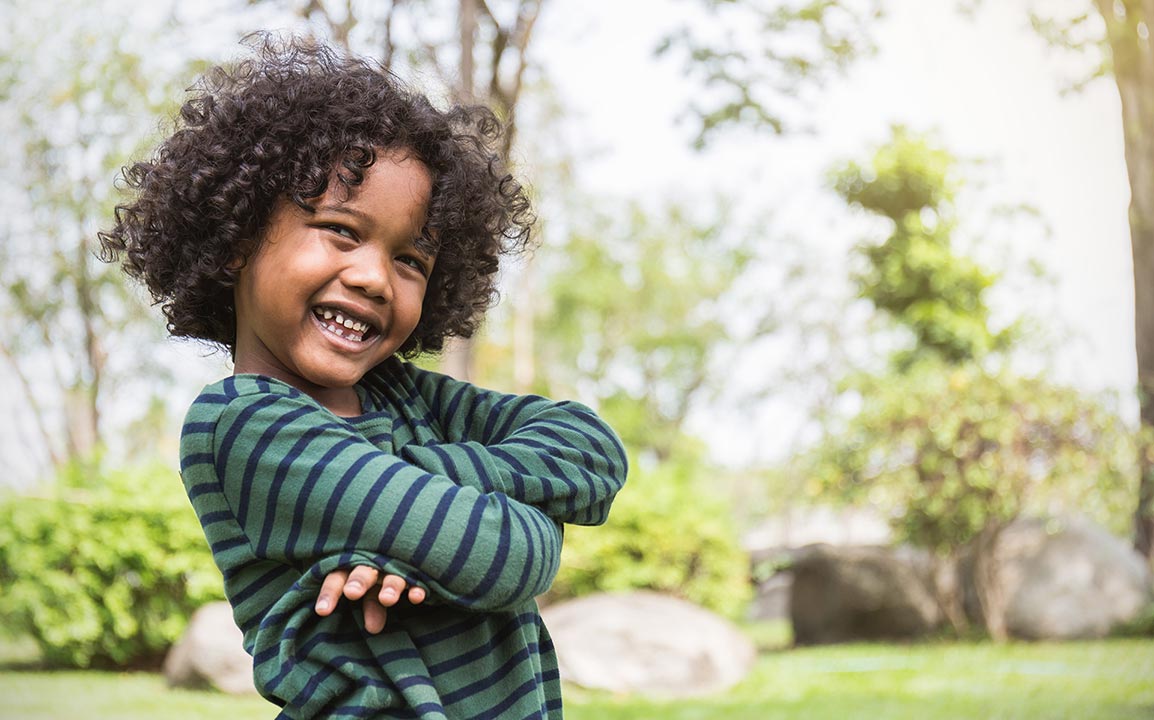
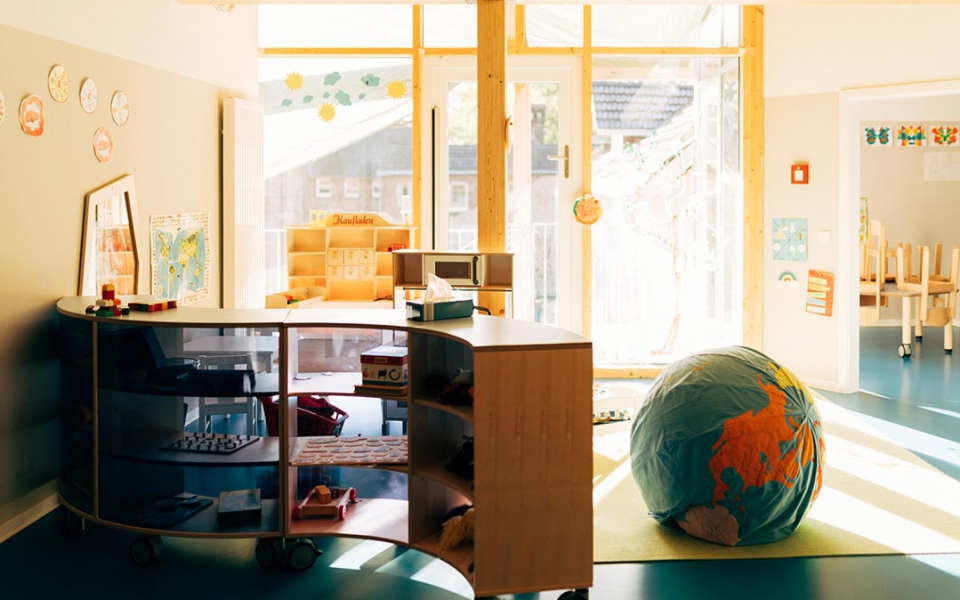
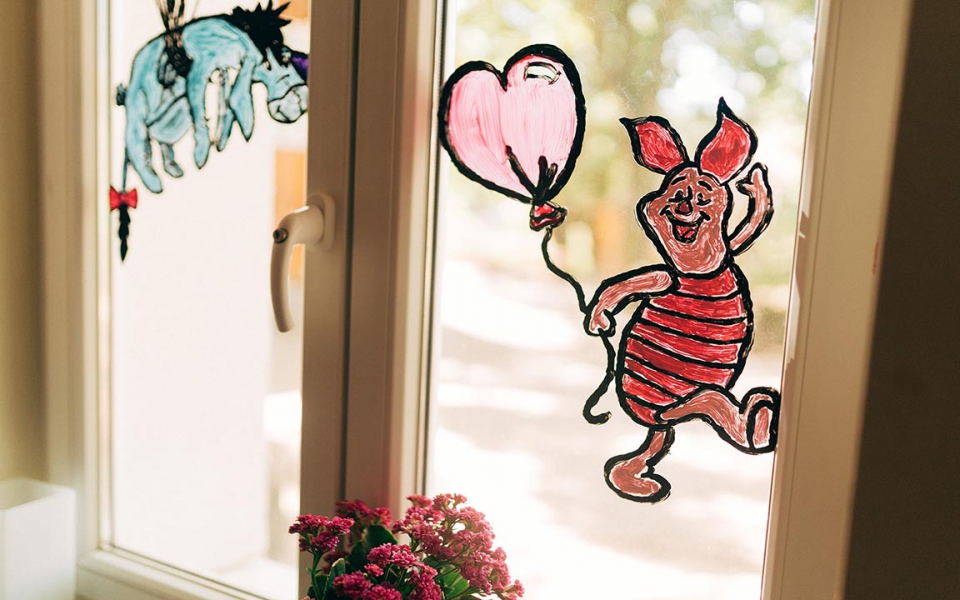
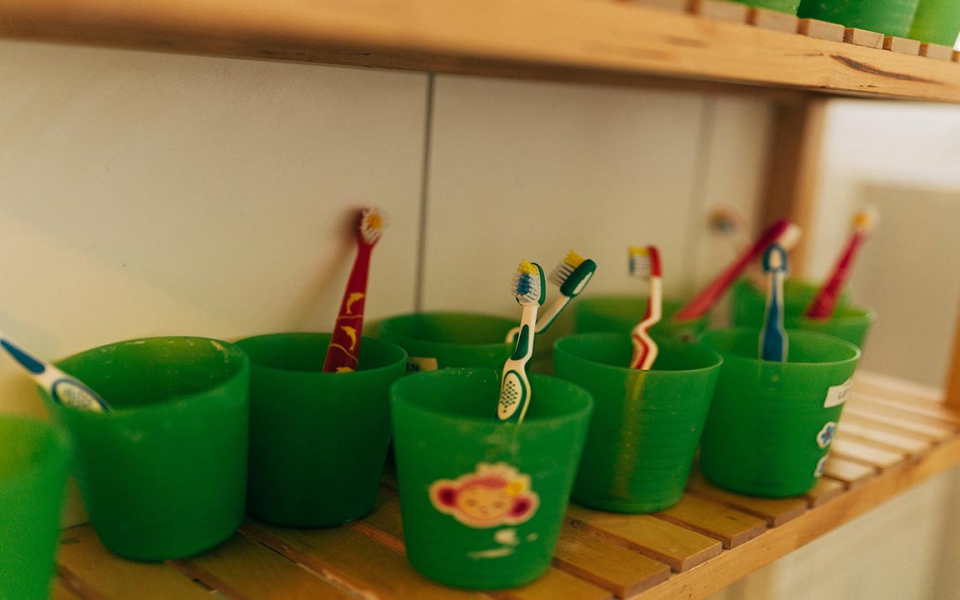
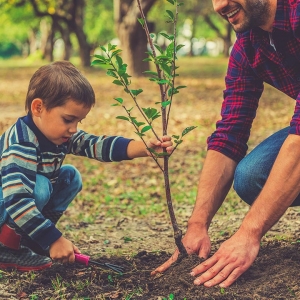 “For quality education, the quality of the relationship [between a child and the teacher] is very important.”
“For quality education, the quality of the relationship [between a child and the teacher] is very important.”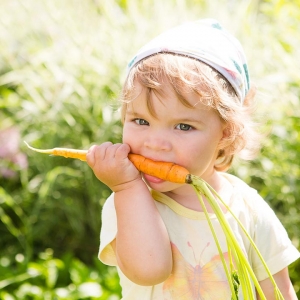 Nutrition is important to us at MyDagis, which is why our food is prepared fresh each day by a chef at our own facilities. Within our approach to nutrition, it is important to us that the children learn to deal with food in a conscious manner and set the foundations for a healthy lifestyle. We put great effort into making sure that the meal plan offers variety, balanced food, and that the children’s wishes are taken into account. The latest meal plan can always be found hanging in the entry ways so that the parents and children can take a look. With sustainability in mind, we serve vegetarian food that is prepared using organic and, when possible, regional ingredients, along with vegetables out of our own garden that we plant and harvest with the children. In order to teach the children to be conscious of the environment, we do not have plastic bottles of water on hand, but rather filtered water from a machine. The children also have the option of sugar-free tea. Water, tea, and fruit are, of course, available at any point over the course of the day and are left within reach of the children.
Nutrition is important to us at MyDagis, which is why our food is prepared fresh each day by a chef at our own facilities. Within our approach to nutrition, it is important to us that the children learn to deal with food in a conscious manner and set the foundations for a healthy lifestyle. We put great effort into making sure that the meal plan offers variety, balanced food, and that the children’s wishes are taken into account. The latest meal plan can always be found hanging in the entry ways so that the parents and children can take a look. With sustainability in mind, we serve vegetarian food that is prepared using organic and, when possible, regional ingredients, along with vegetables out of our own garden that we plant and harvest with the children. In order to teach the children to be conscious of the environment, we do not have plastic bottles of water on hand, but rather filtered water from a machine. The children also have the option of sugar-free tea. Water, tea, and fruit are, of course, available at any point over the course of the day and are left within reach of the children.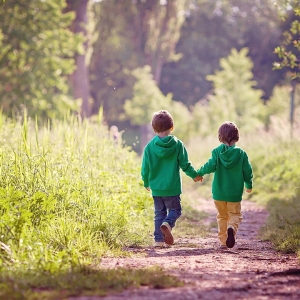 As part of our bilingual concept, we have German and English-speaking educators and teaching assistants that care for the children in each group. Our approach is known as “one person, one language”, so as not to confuse the children and to create a sense of continuity. All MyDagis employees must be able to speak one of the two languages perfectly. Bilingualism should therefore not be viewed as an additional educational offer, but rather just an aspect of everyday life for the children. The children learn the languages in a laid-back atmosphere with no pressure through normal communication with the educators, and interaction with songs, books, and games, etc. In order to further simplify communication for the educators, we always have English and German books on hand. In addition, we also produce newsletters and group summaries (see Nr. 2.9) for the parents in both languages. At MyDagis, bilingualism runs through our entire concept.
As part of our bilingual concept, we have German and English-speaking educators and teaching assistants that care for the children in each group. Our approach is known as “one person, one language”, so as not to confuse the children and to create a sense of continuity. All MyDagis employees must be able to speak one of the two languages perfectly. Bilingualism should therefore not be viewed as an additional educational offer, but rather just an aspect of everyday life for the children. The children learn the languages in a laid-back atmosphere with no pressure through normal communication with the educators, and interaction with songs, books, and games, etc. In order to further simplify communication for the educators, we always have English and German books on hand. In addition, we also produce newsletters and group summaries (see Nr. 2.9) for the parents in both languages. At MyDagis, bilingualism runs through our entire concept.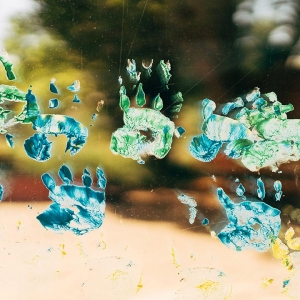 To ensure that the children are prepared for their future in our democratic society, it is important that the children are well-informed about their rights and are allowed to participate in decision-making processes (participation). It is also important for the children to gain an appreciation and respect for diversity (inclusion), and for them to understand how to lead a healthy and sustainably-conscious life. MyDagis helps to teach the children their rights through projects, books, games, and of course in their day-to-day interactions with other children.
To ensure that the children are prepared for their future in our democratic society, it is important that the children are well-informed about their rights and are allowed to participate in decision-making processes (participation). It is also important for the children to gain an appreciation and respect for diversity (inclusion), and for them to understand how to lead a healthy and sustainably-conscious life. MyDagis helps to teach the children their rights through projects, books, games, and of course in their day-to-day interactions with other children.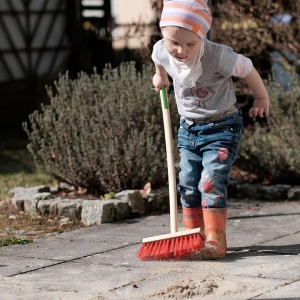 Our concept for early childhood development combines elements from the educational philosophies developed by Maria Montessori, Célestin Freinet, Alexander Sutherland Neill, and Emmi Pikler.
Our concept for early childhood development combines elements from the educational philosophies developed by Maria Montessori, Célestin Freinet, Alexander Sutherland Neill, and Emmi Pikler.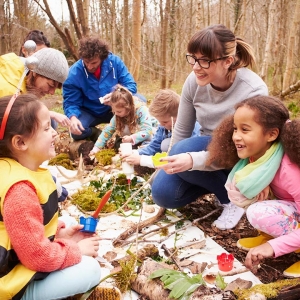 Quality care and support for each child and their personal development can only be achieved through a high child-teacher ratio. In order to develop an atmosphere of trust in the group, it is critical that the qualified staff members can analyze and assess the individual needs of the children. Once a trusting environment is established, only then can the children flourish with personalized support.
Quality care and support for each child and their personal development can only be achieved through a high child-teacher ratio. In order to develop an atmosphere of trust in the group, it is critical that the qualified staff members can analyze and assess the individual needs of the children. Once a trusting environment is established, only then can the children flourish with personalized support.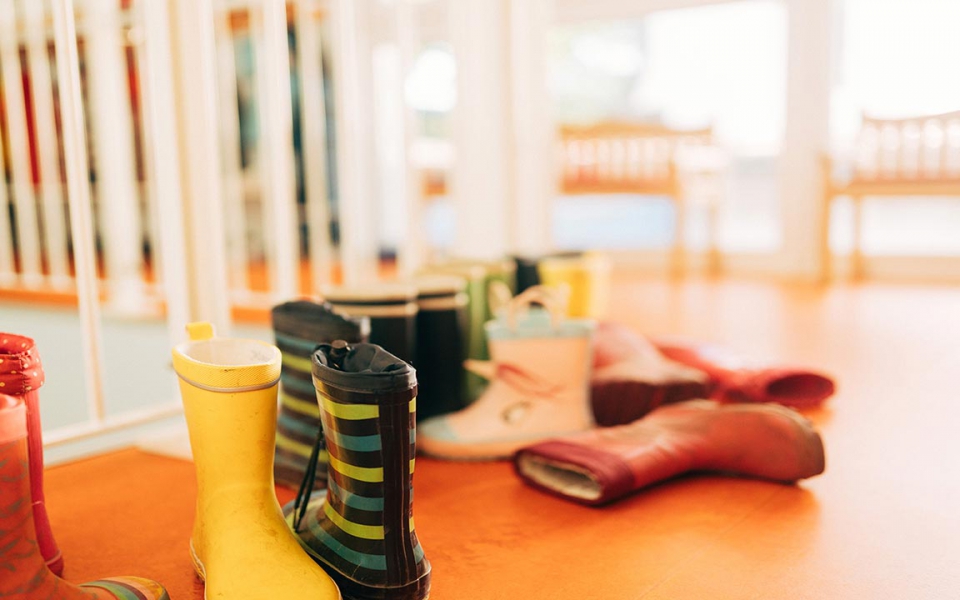
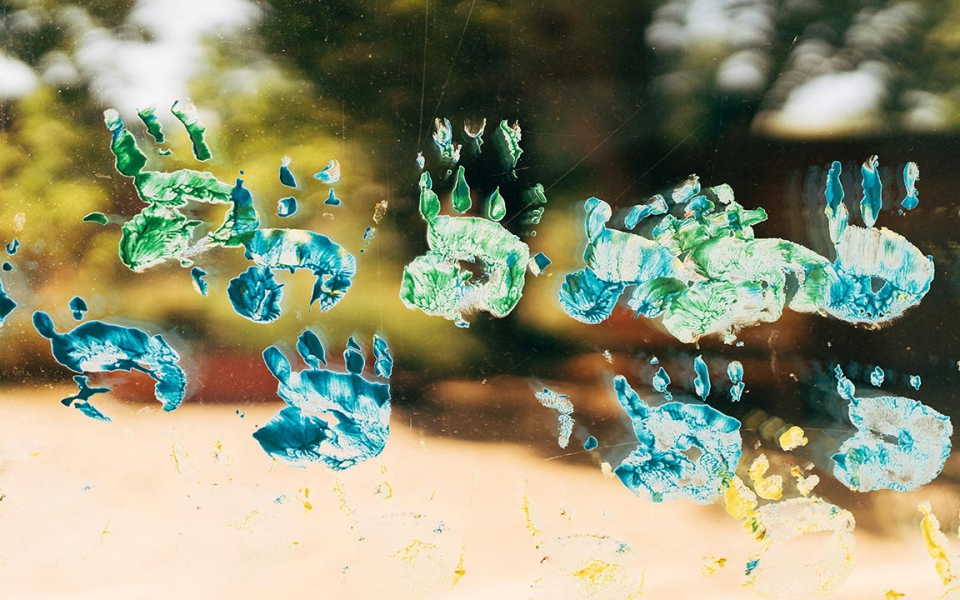
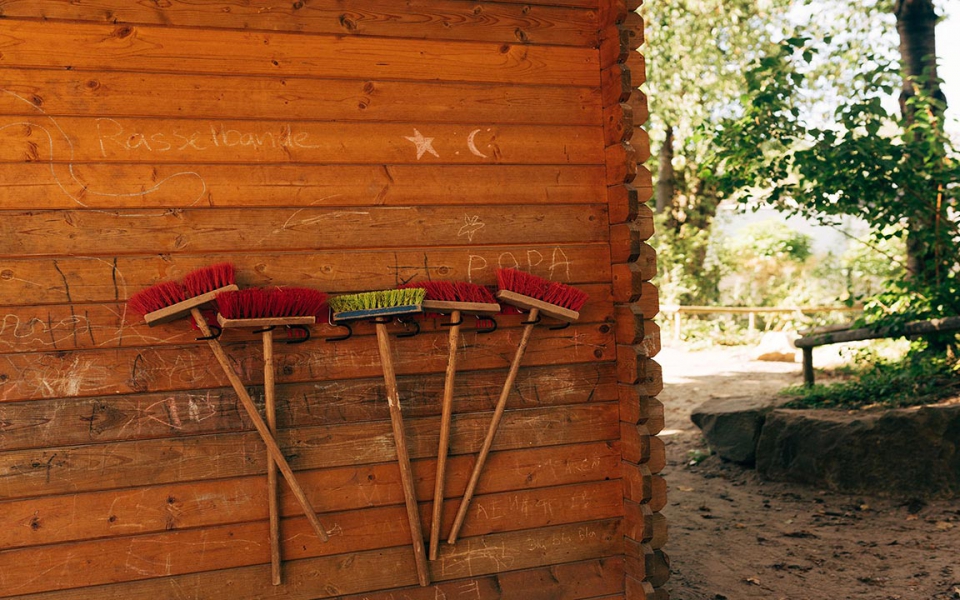
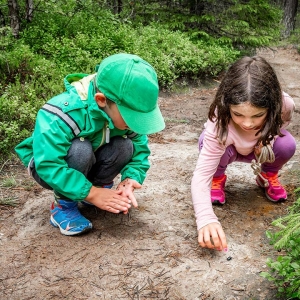 From spring until autumn the groups spend one day per week in the nearby forest.
From spring until autumn the groups spend one day per week in the nearby forest. The understanding of gender differences and the development of one’s gender identity is an important theme for kindergarten-aged children. In fact, the first self-categorization process begins already around a child’s first birthday.
The understanding of gender differences and the development of one’s gender identity is an important theme for kindergarten-aged children. In fact, the first self-categorization process begins already around a child’s first birthday.